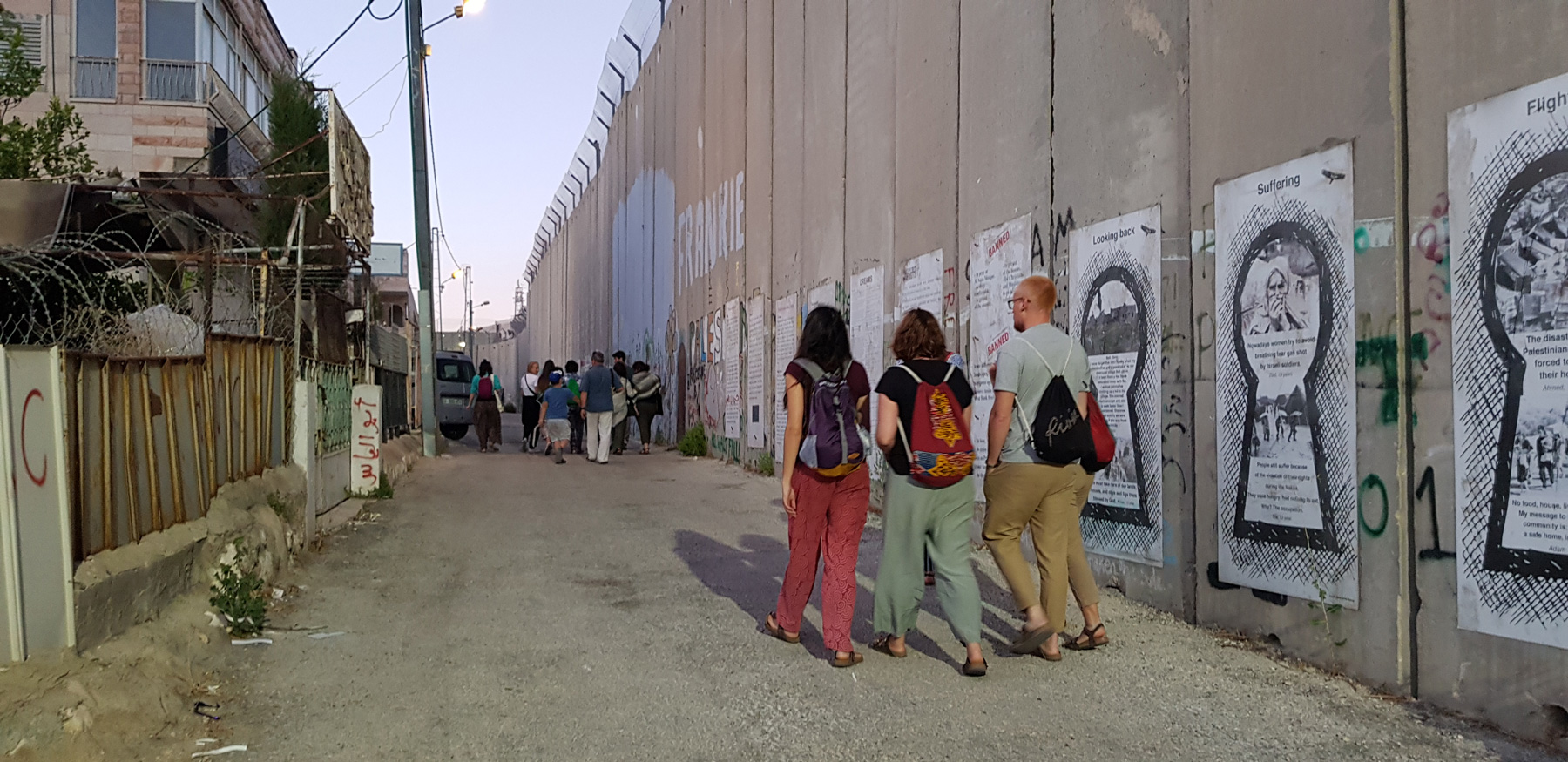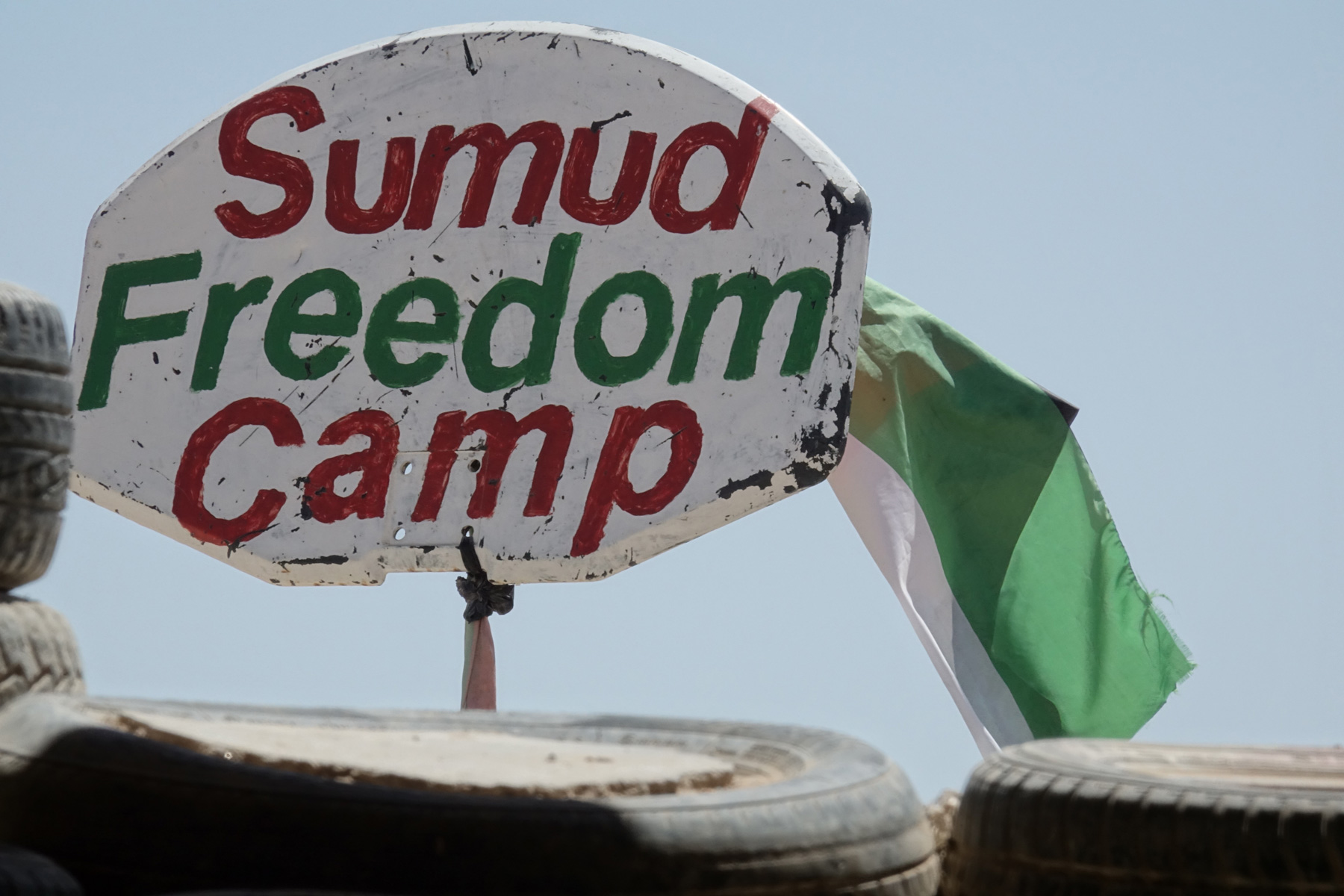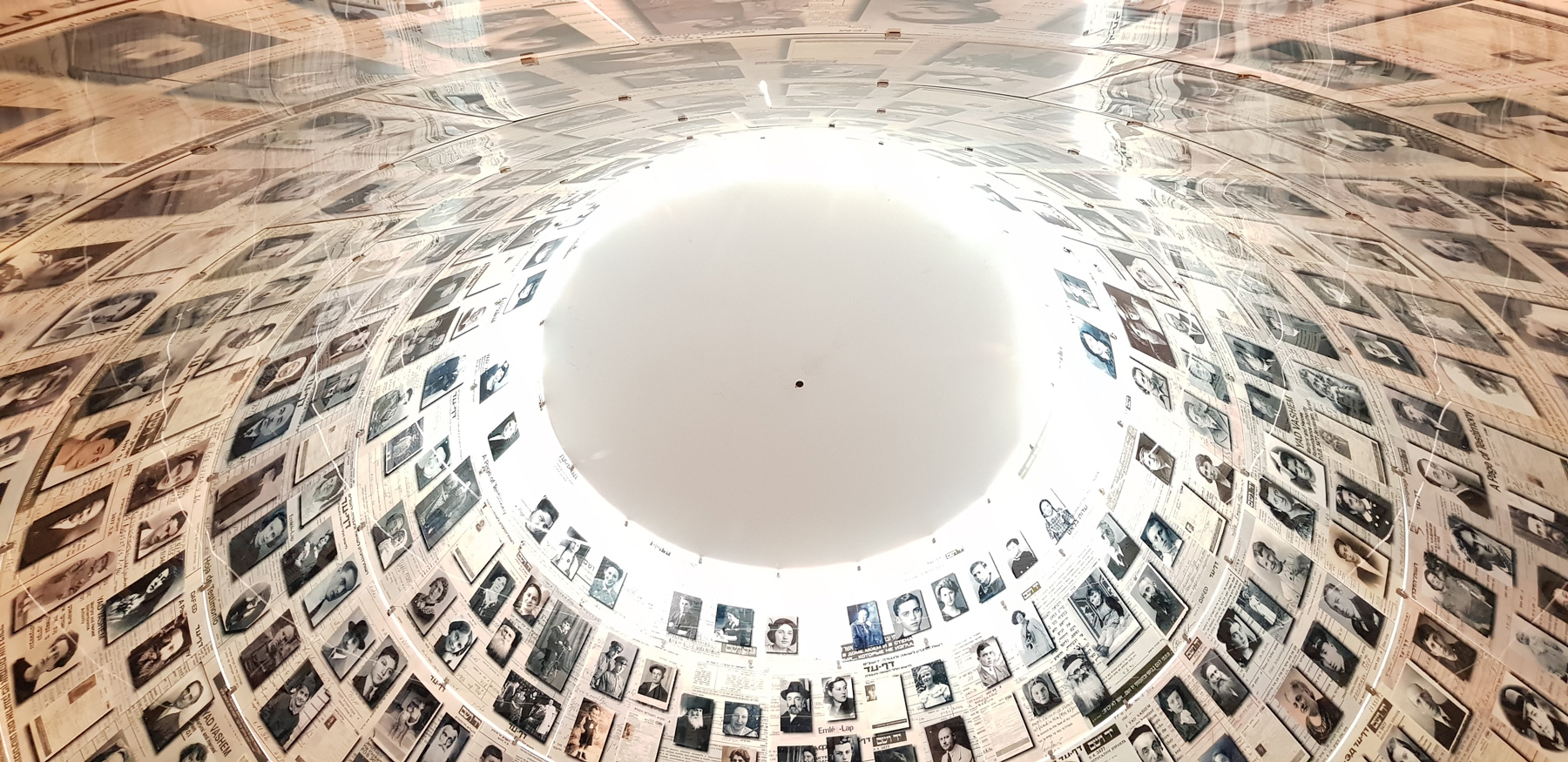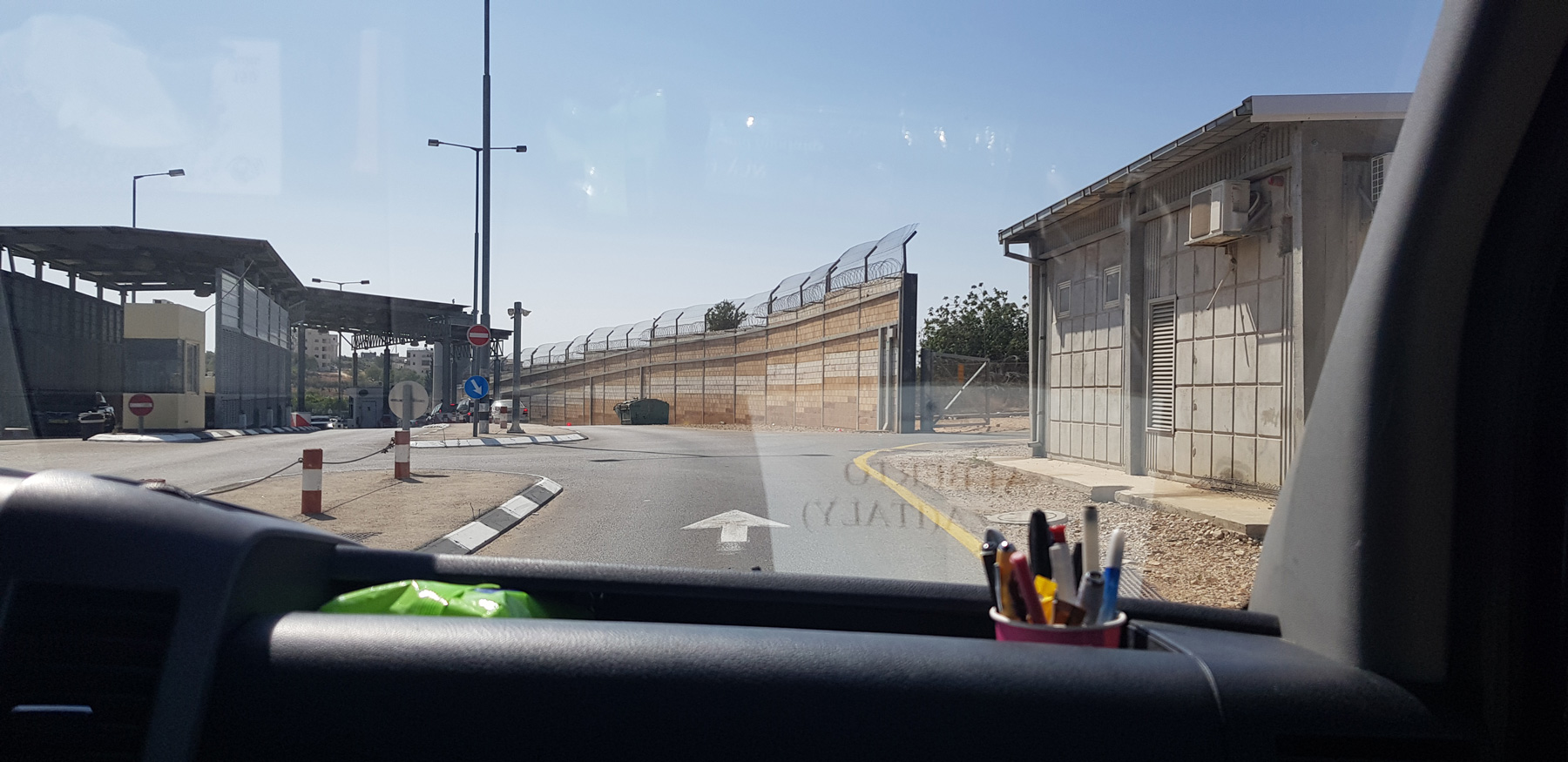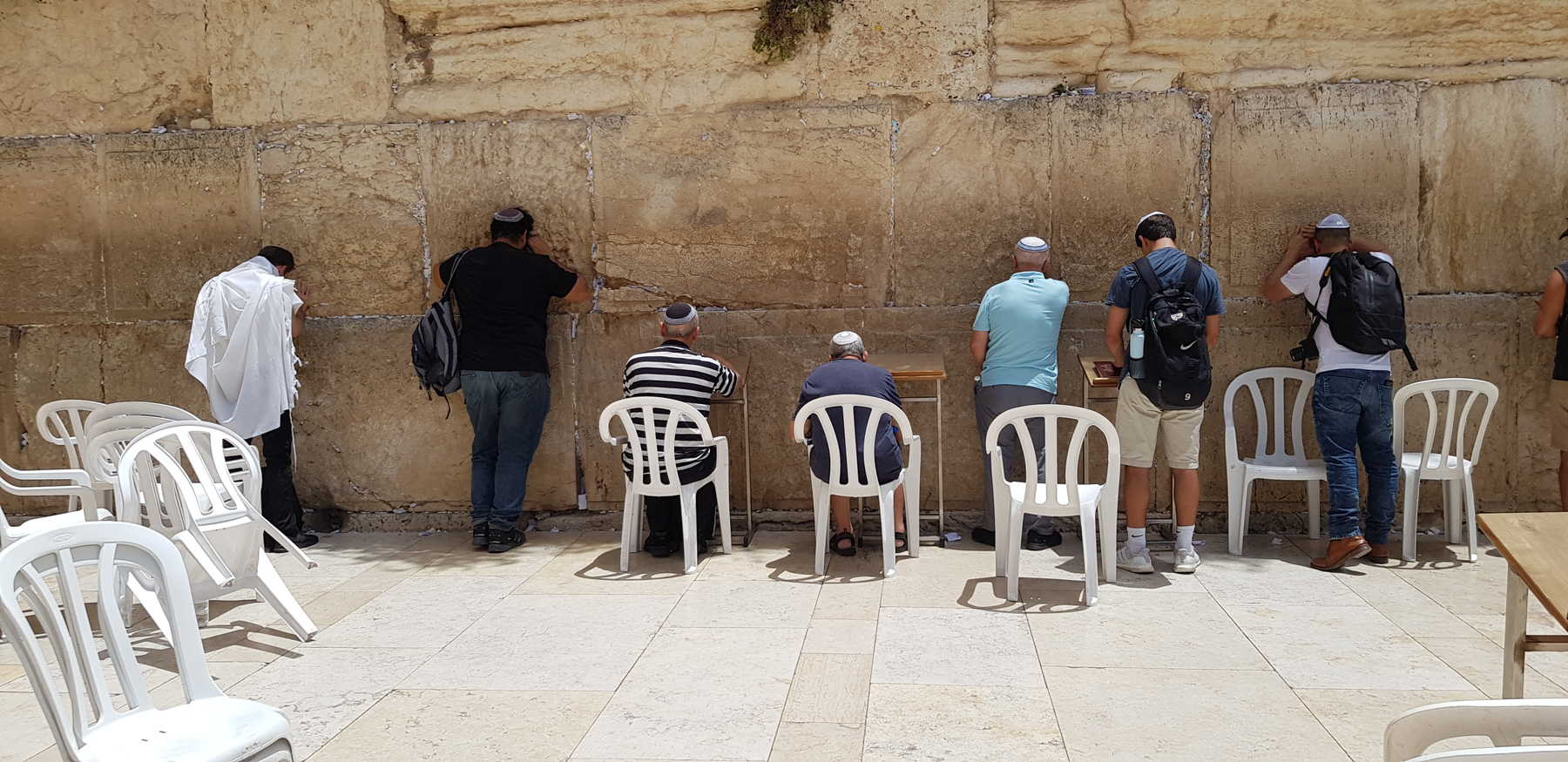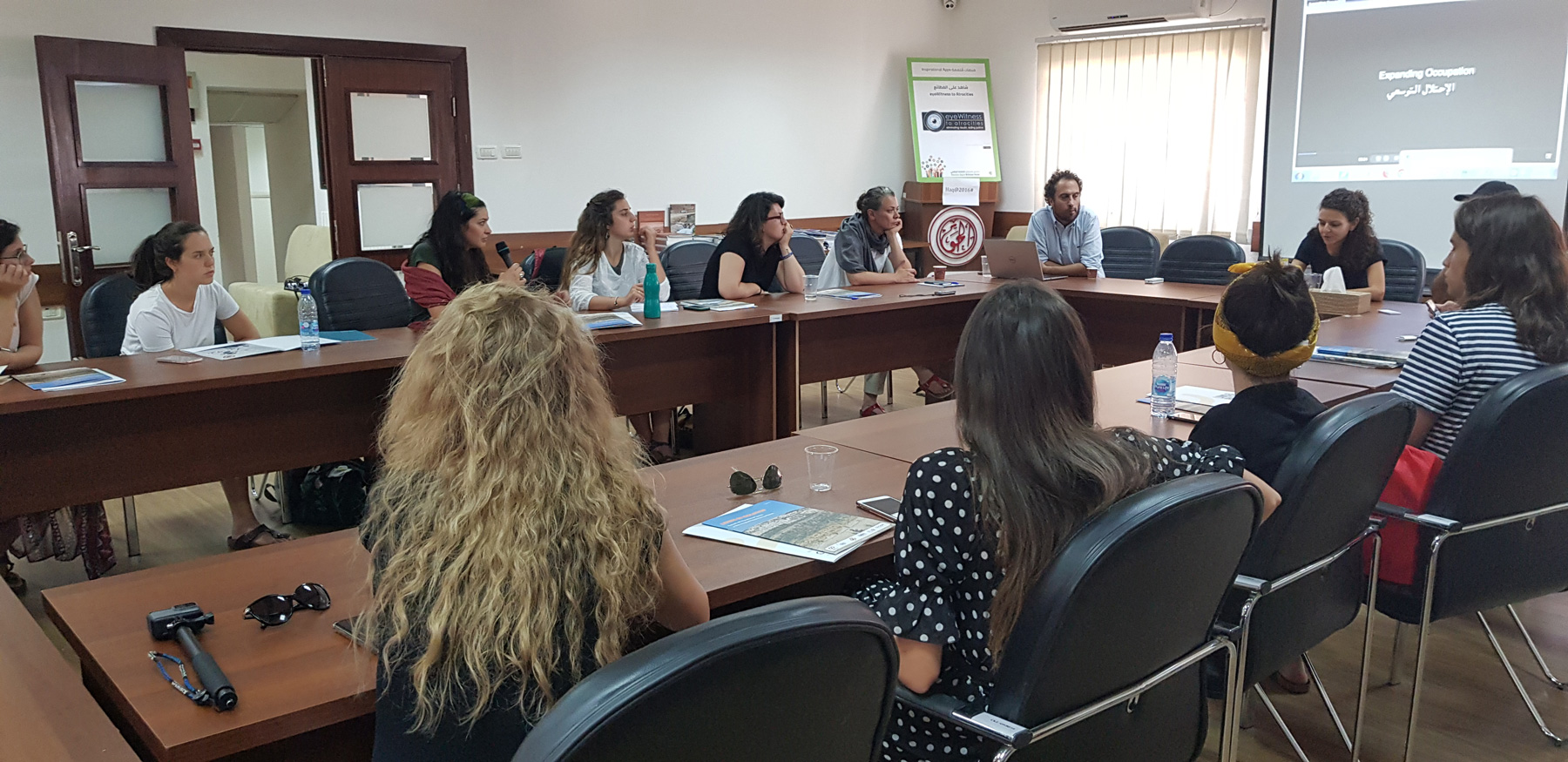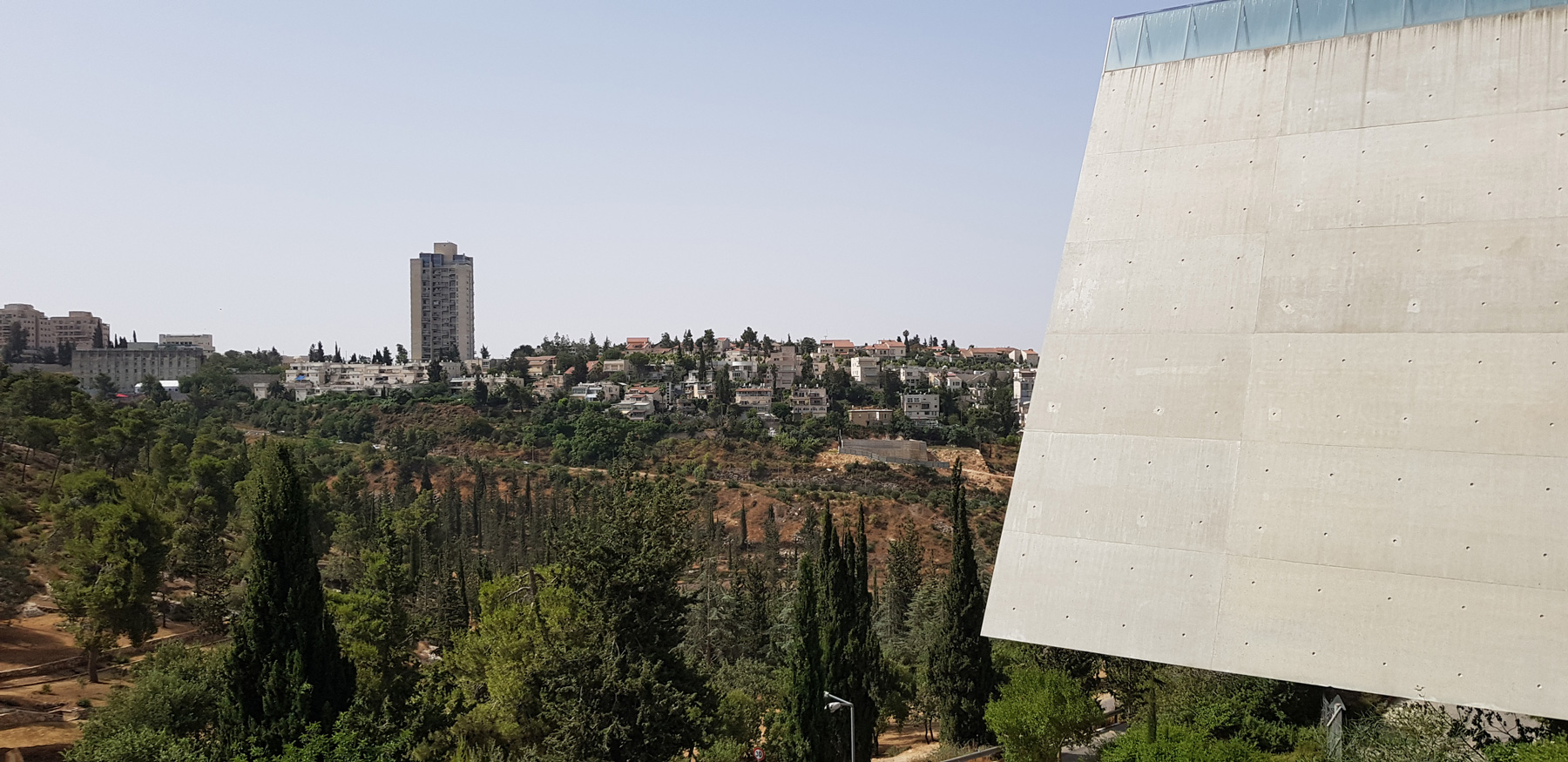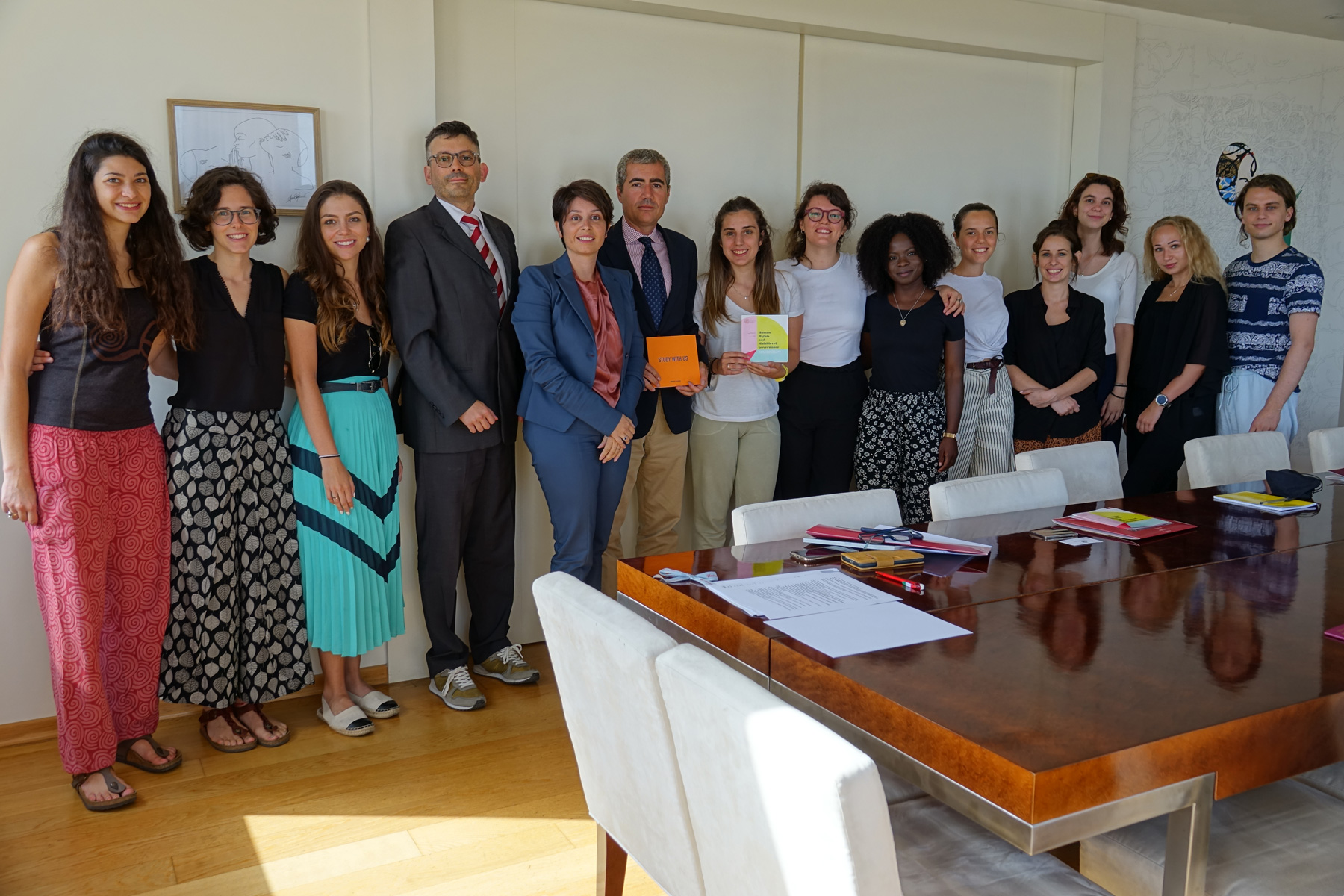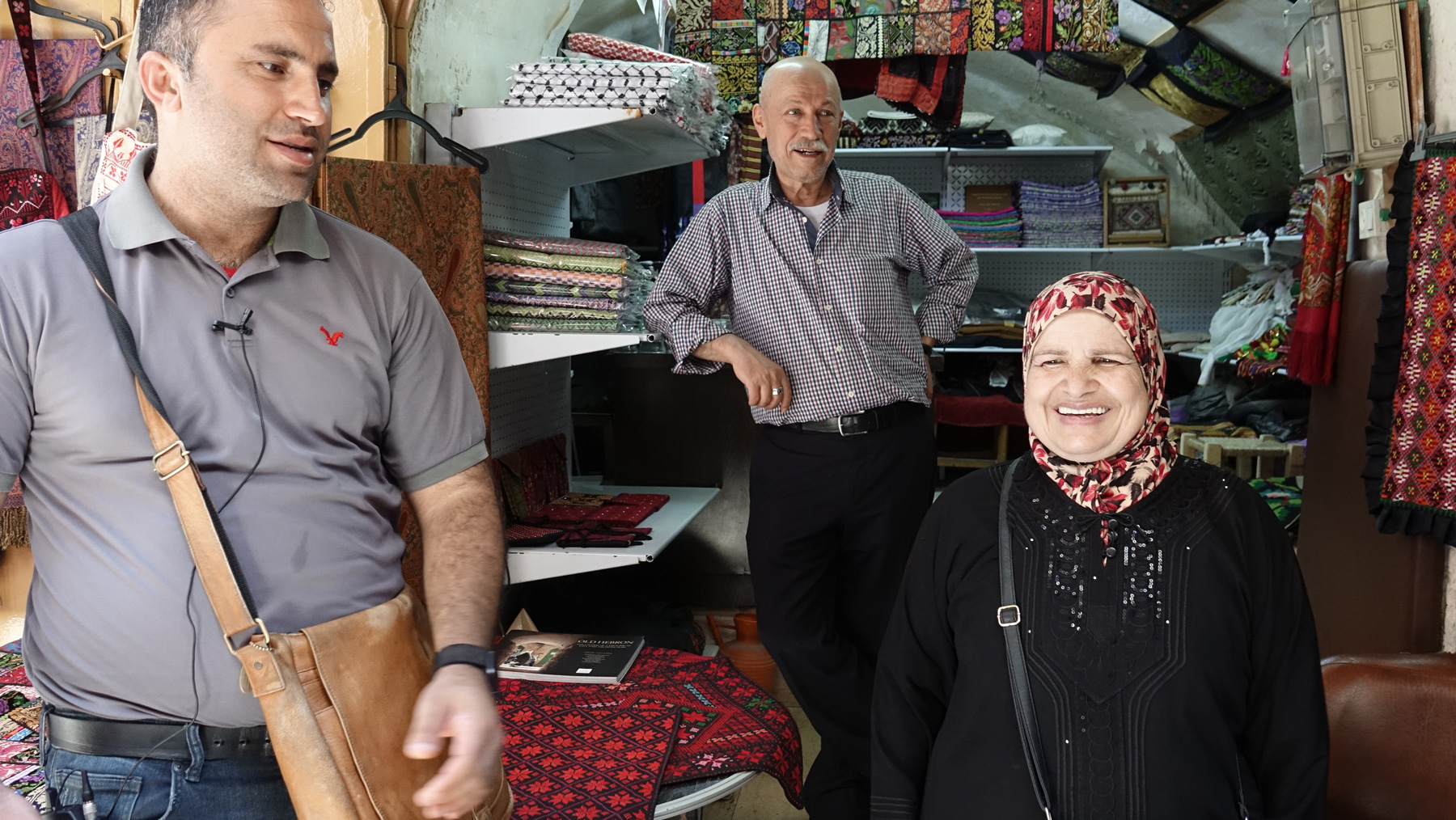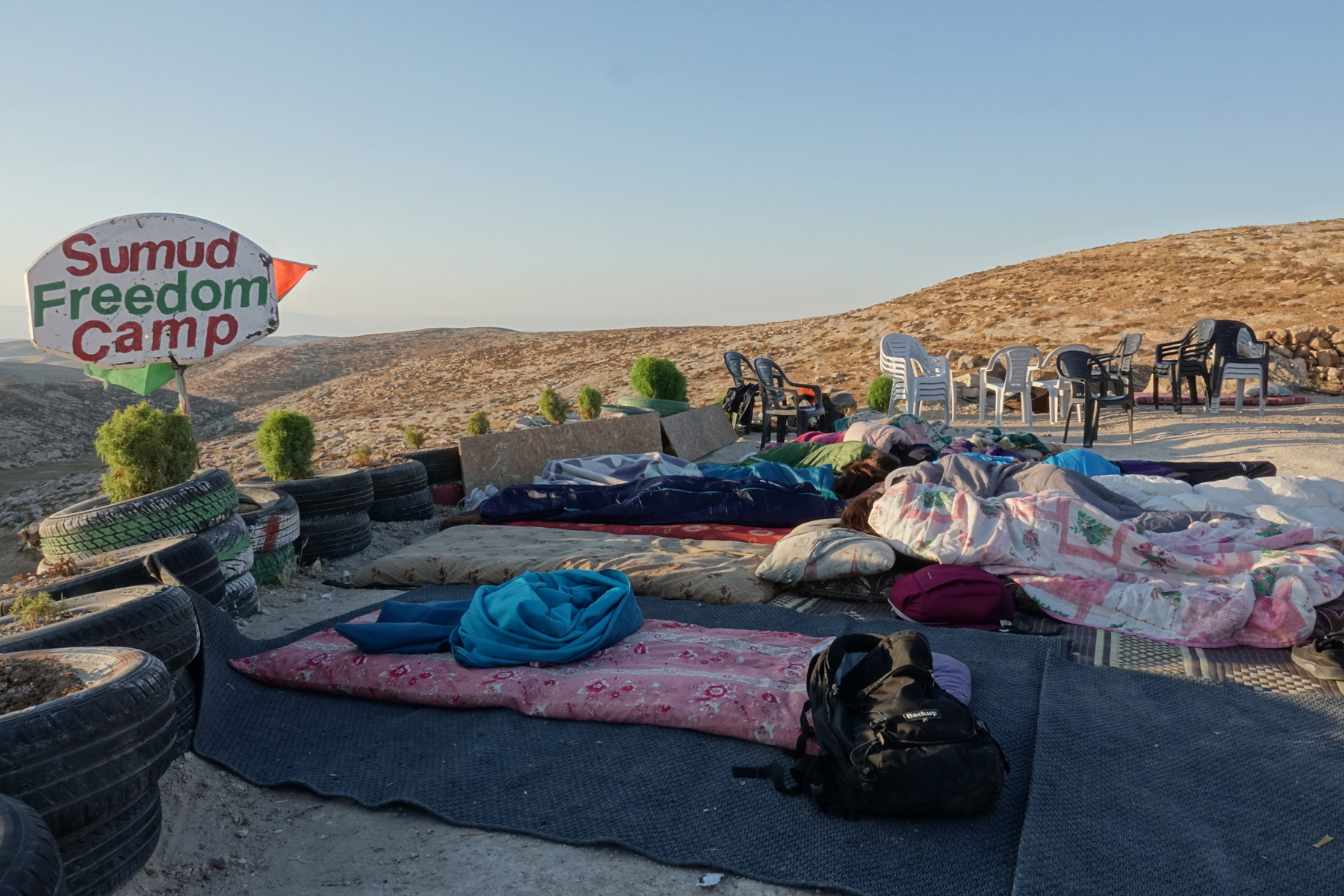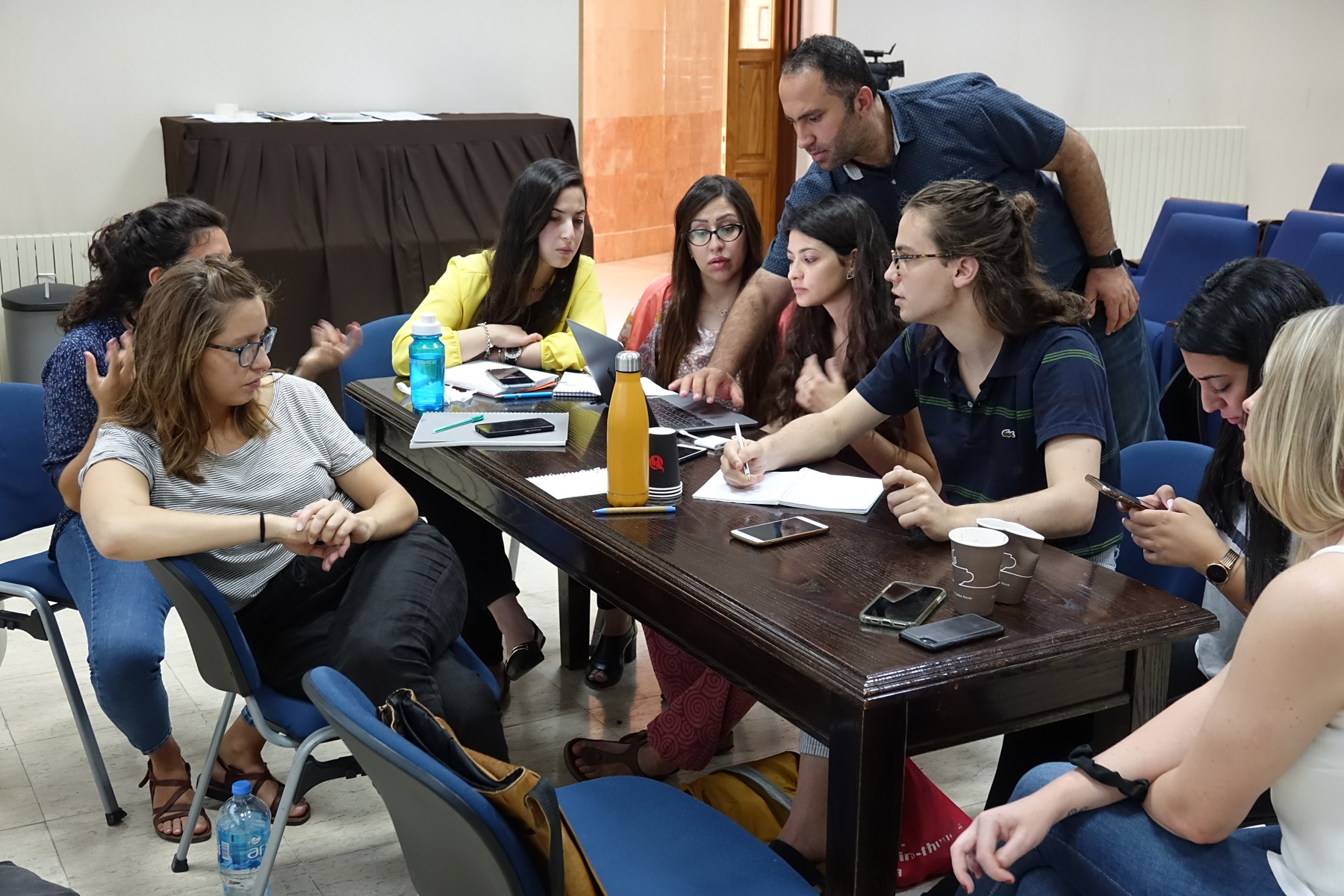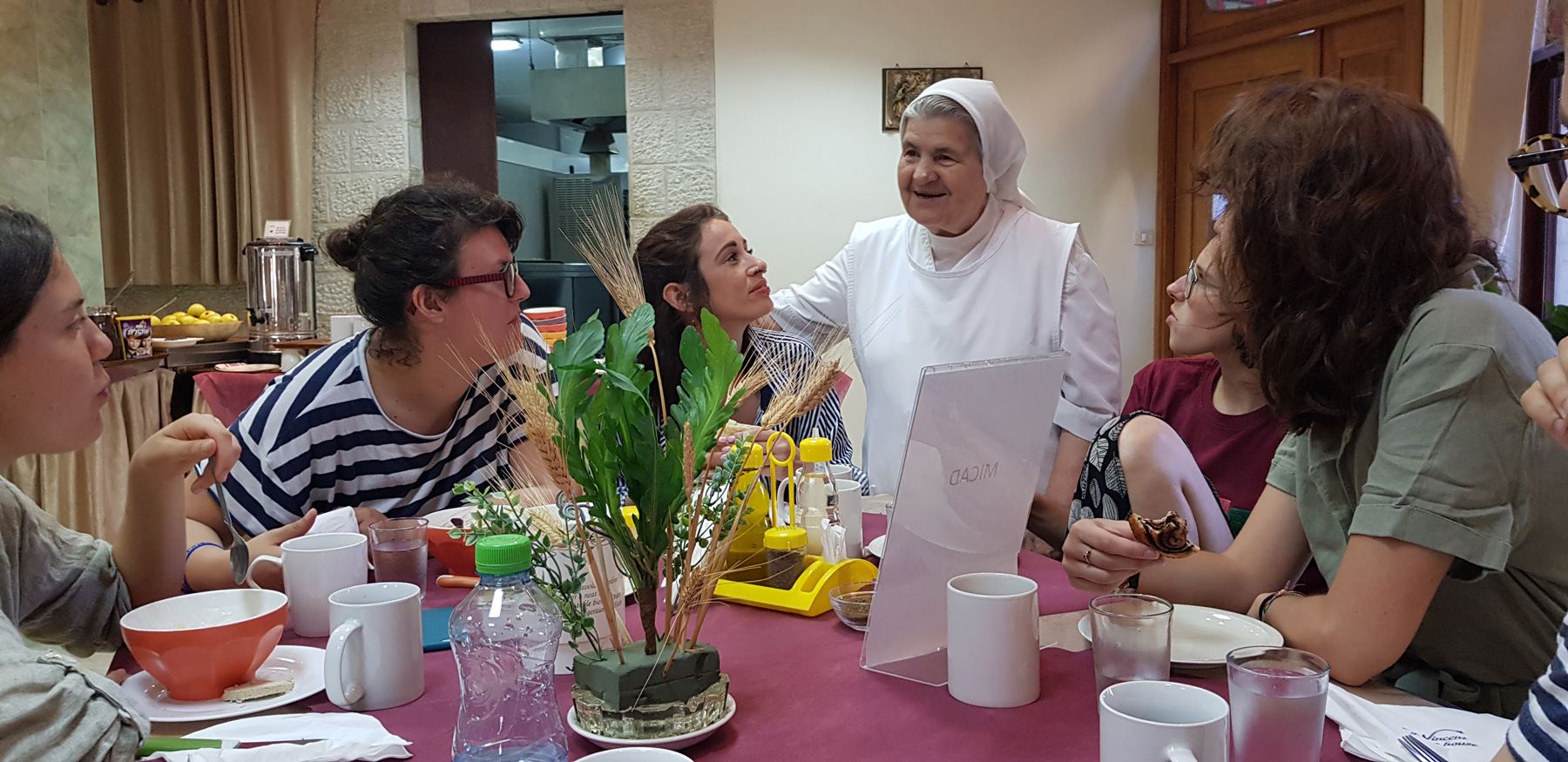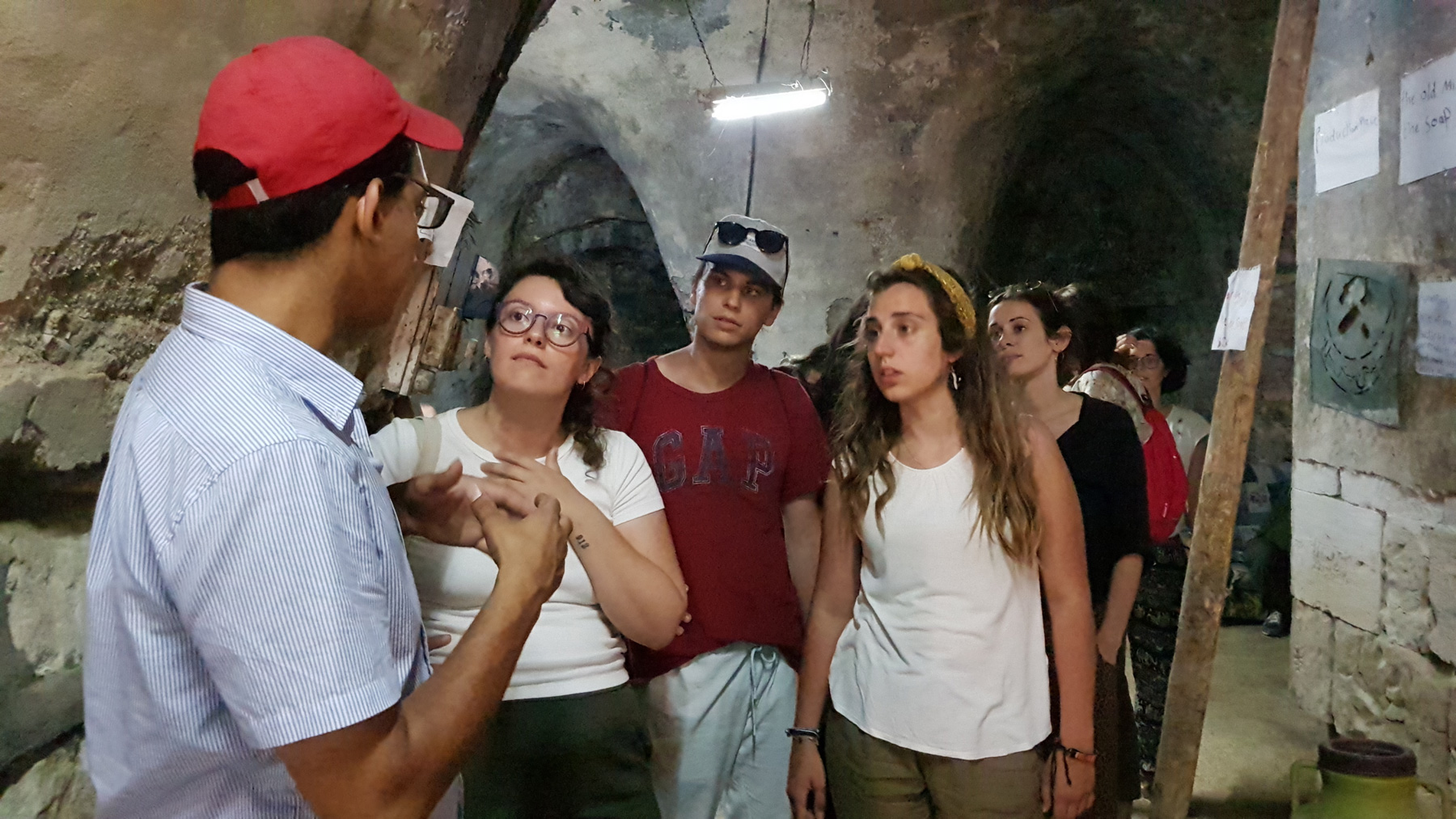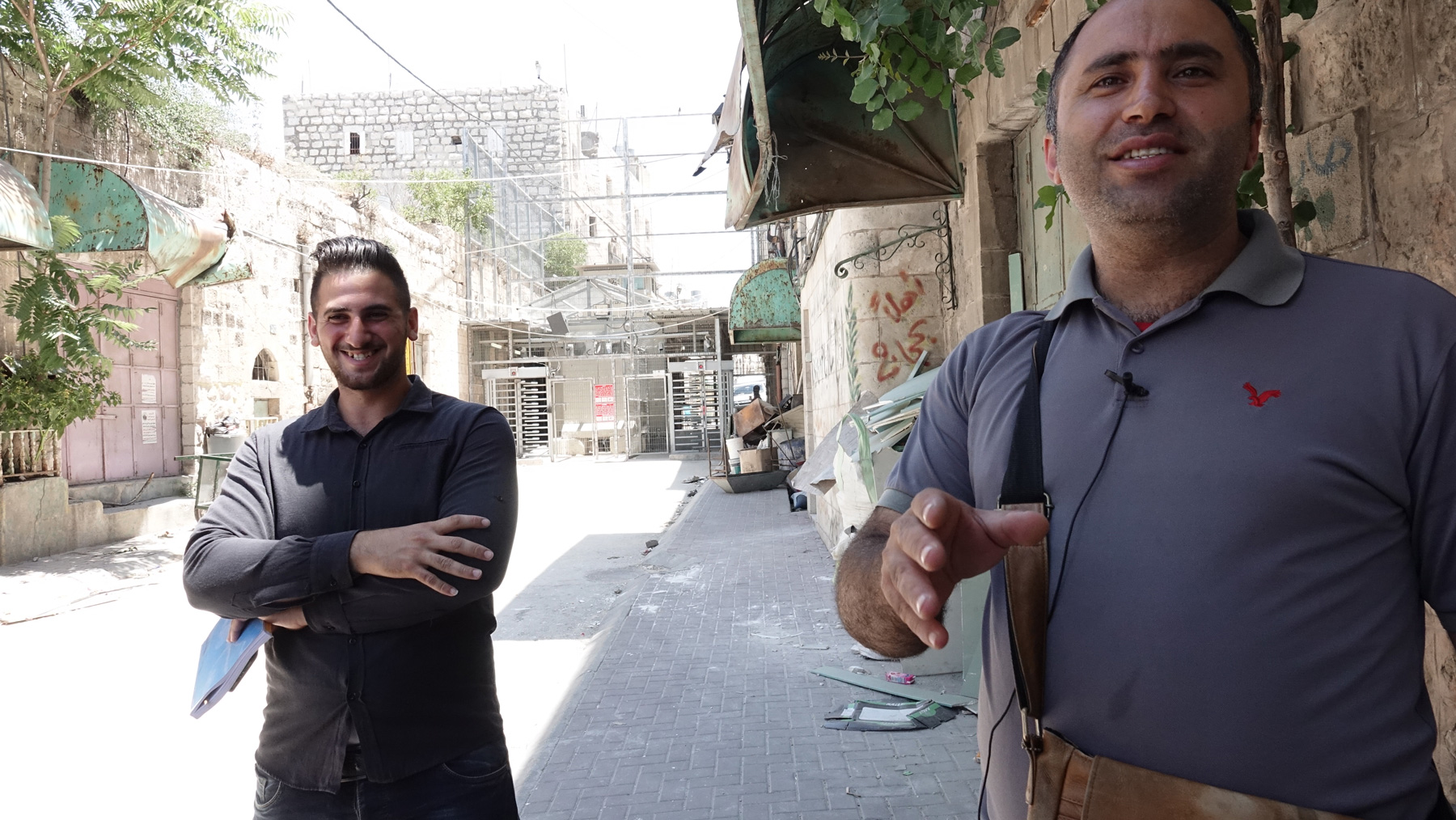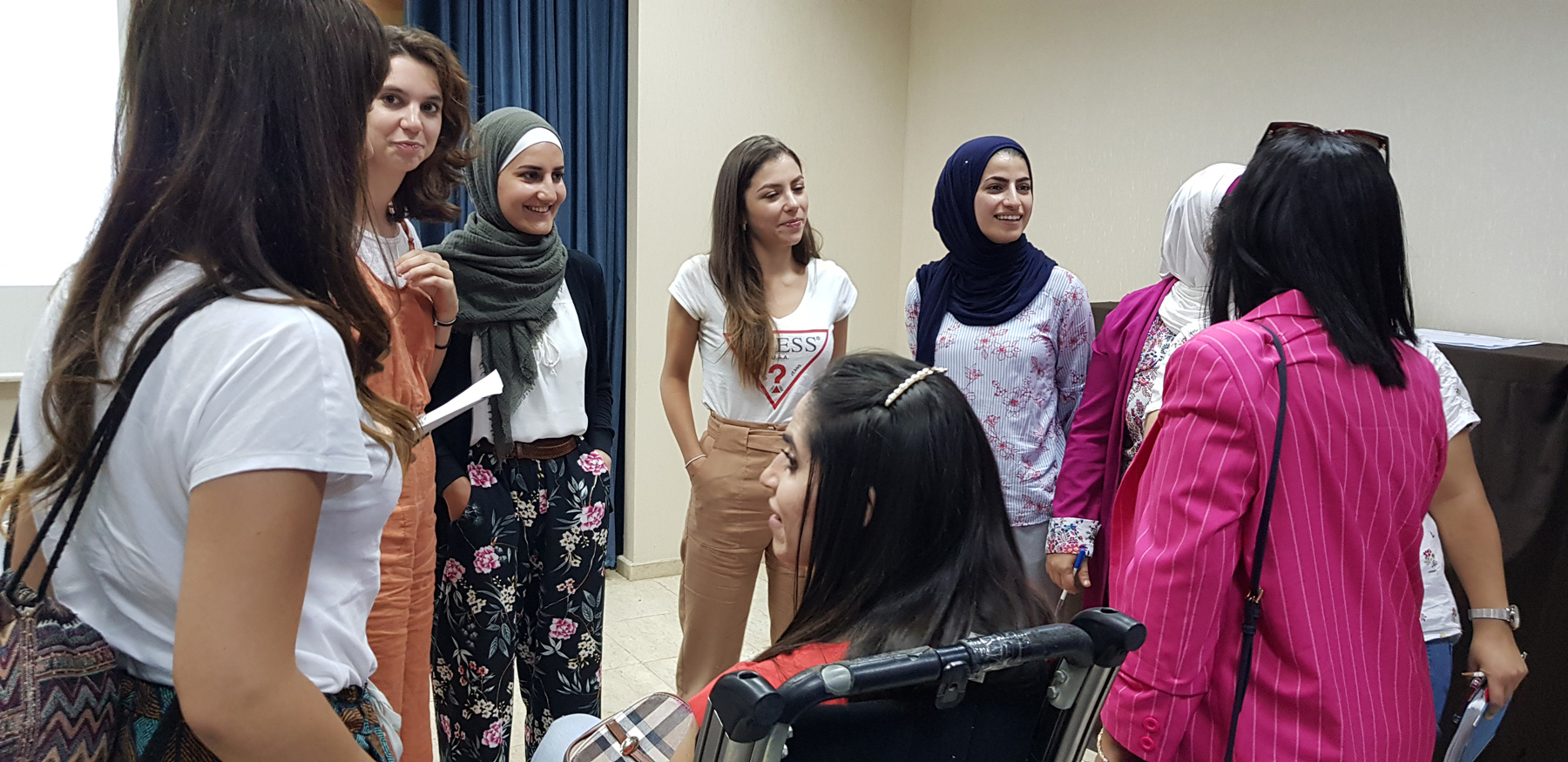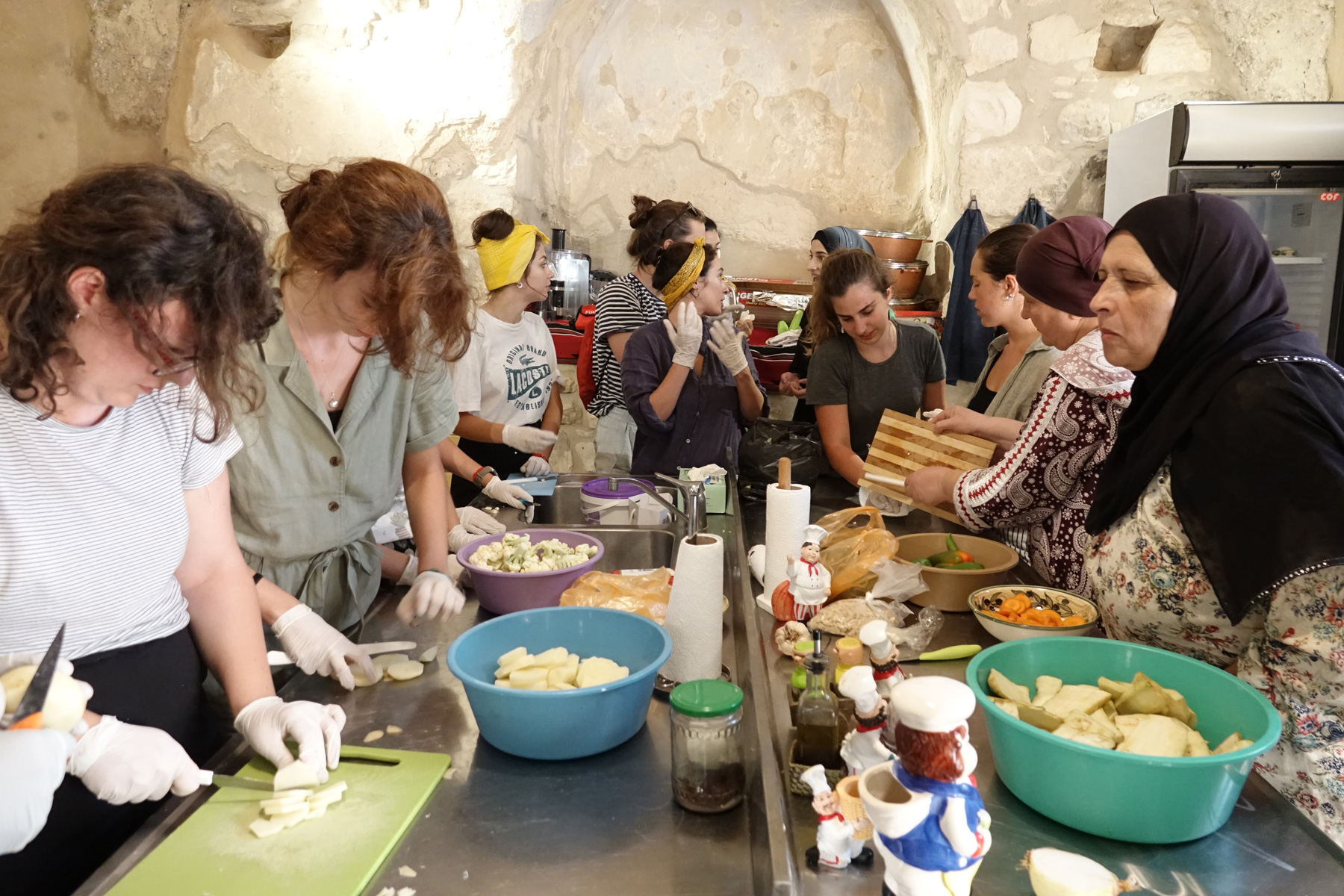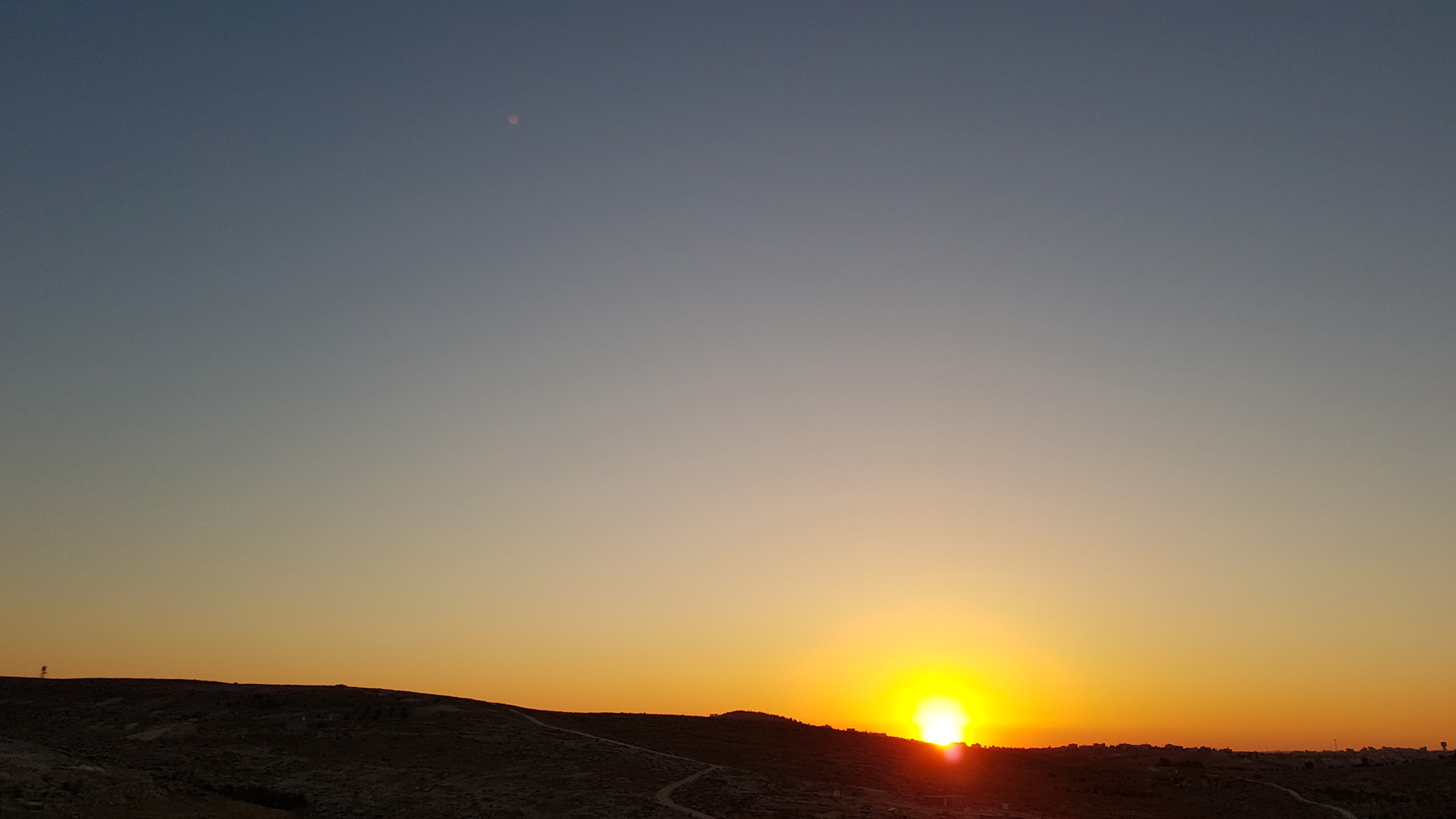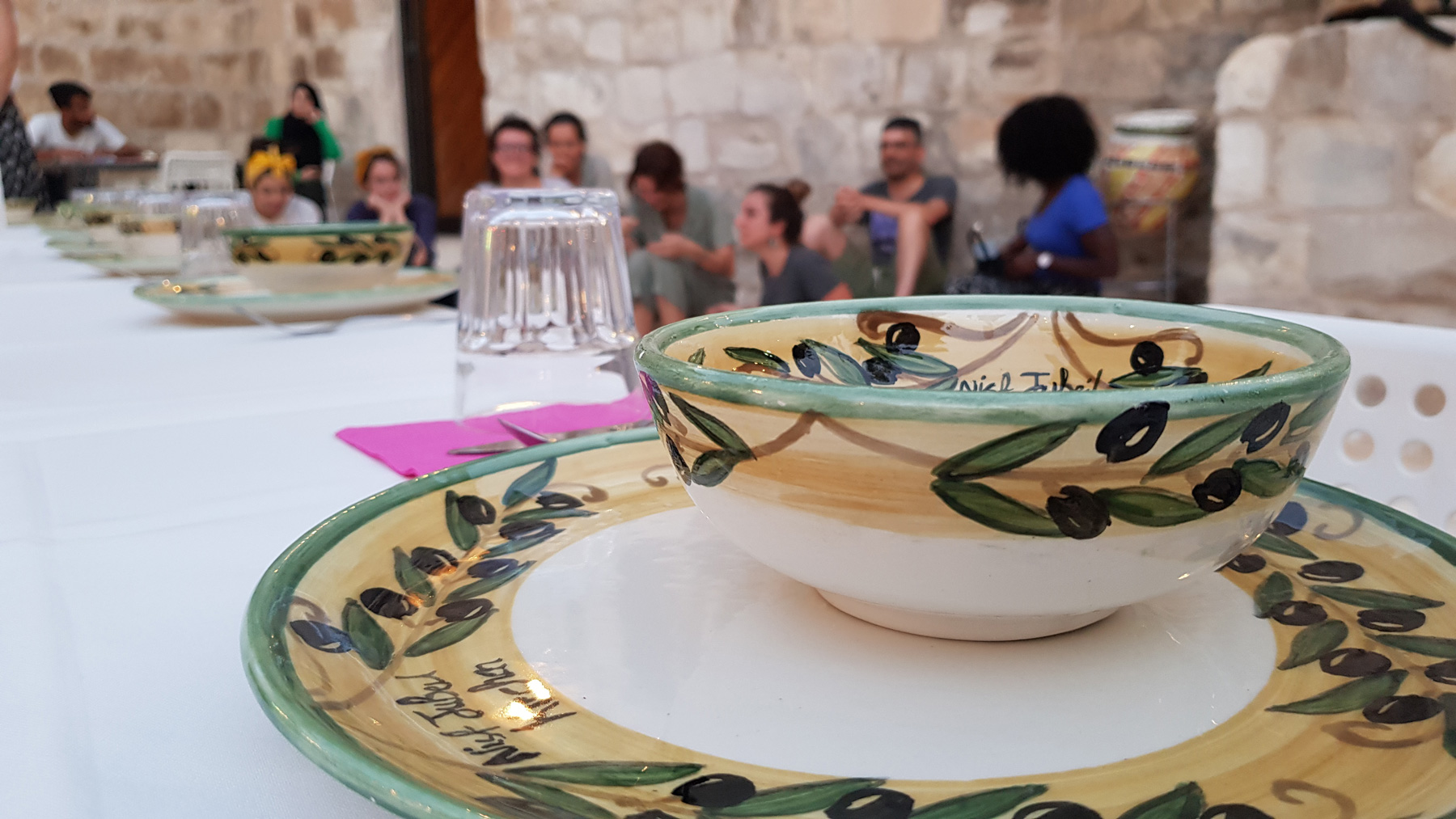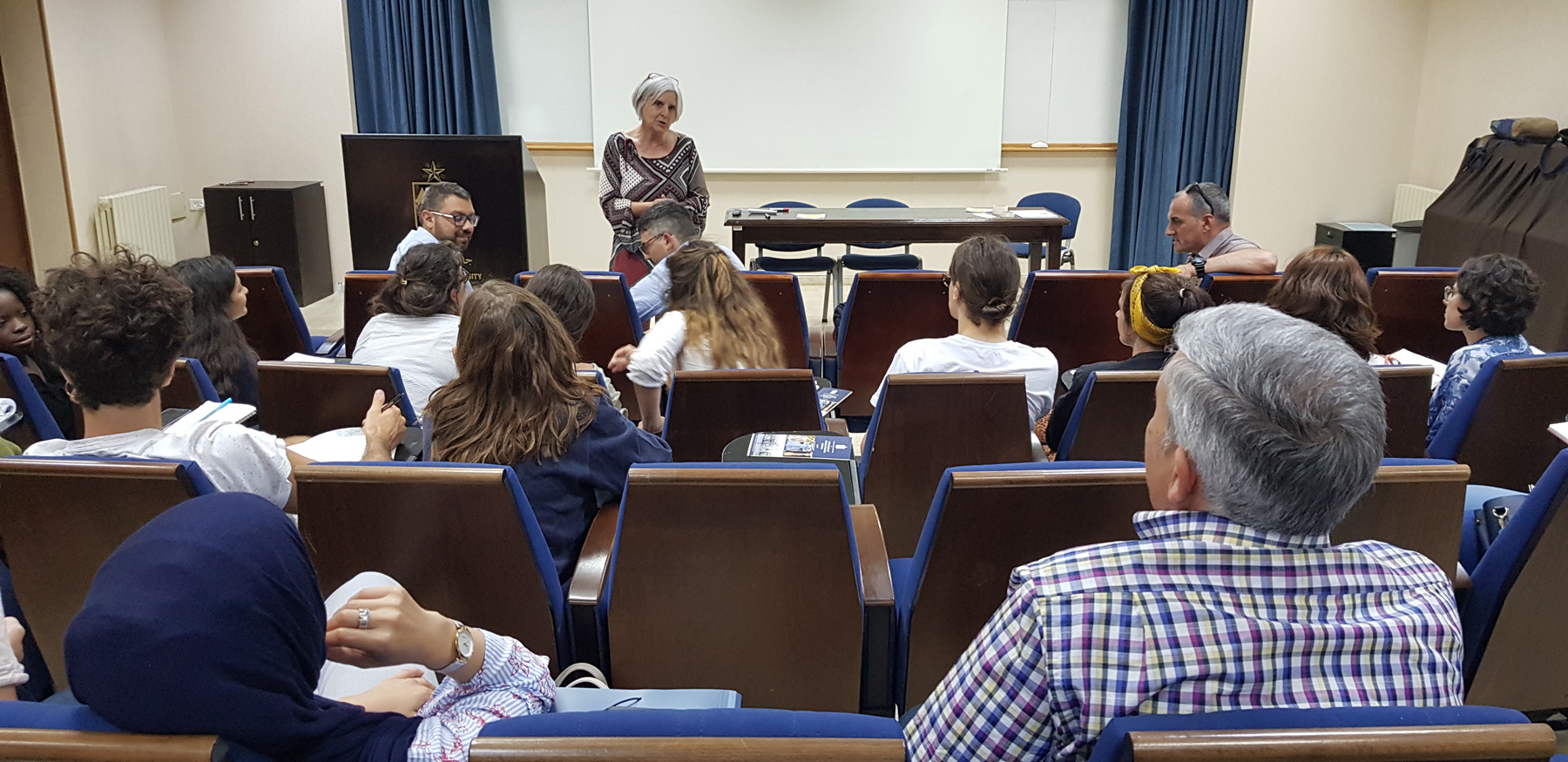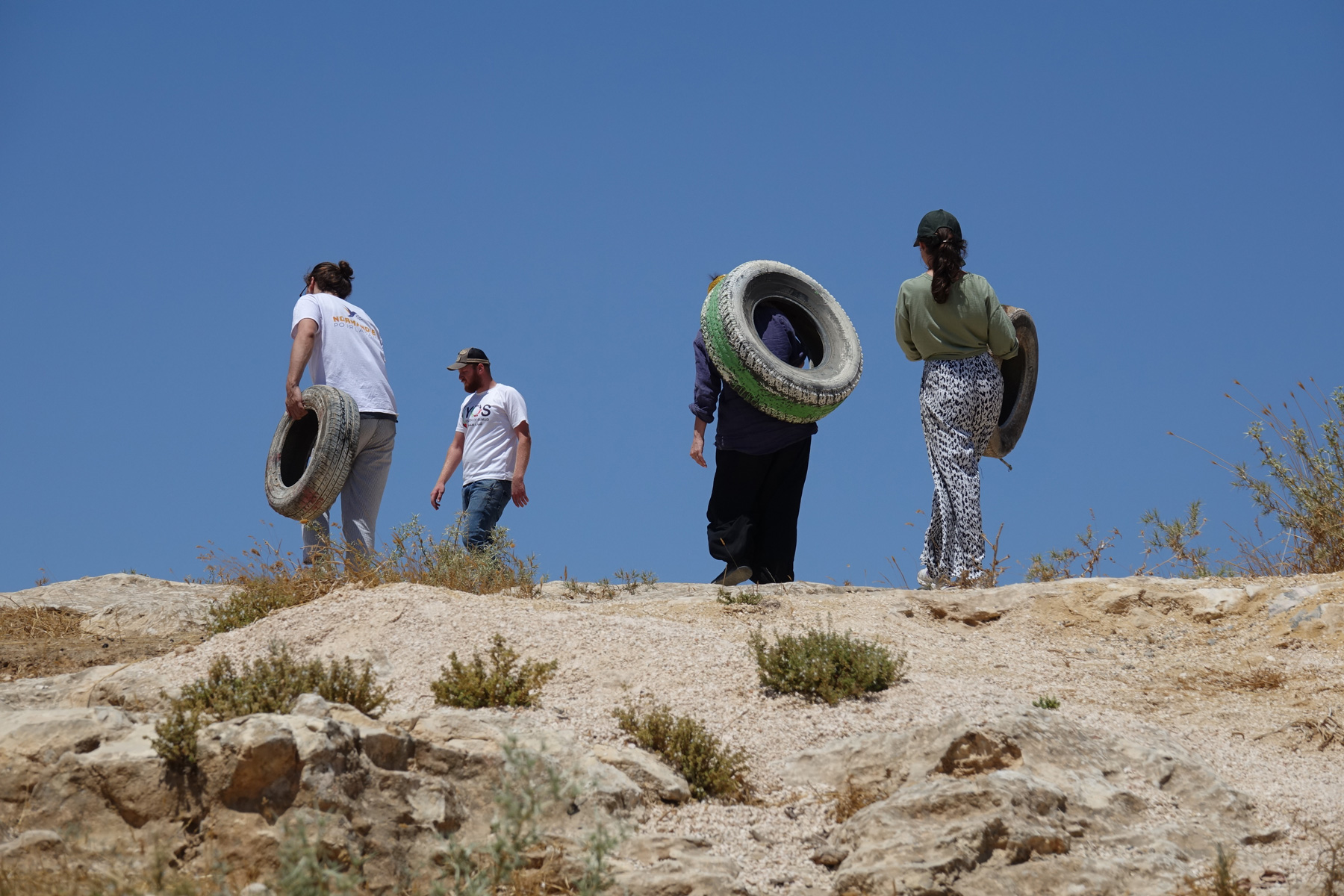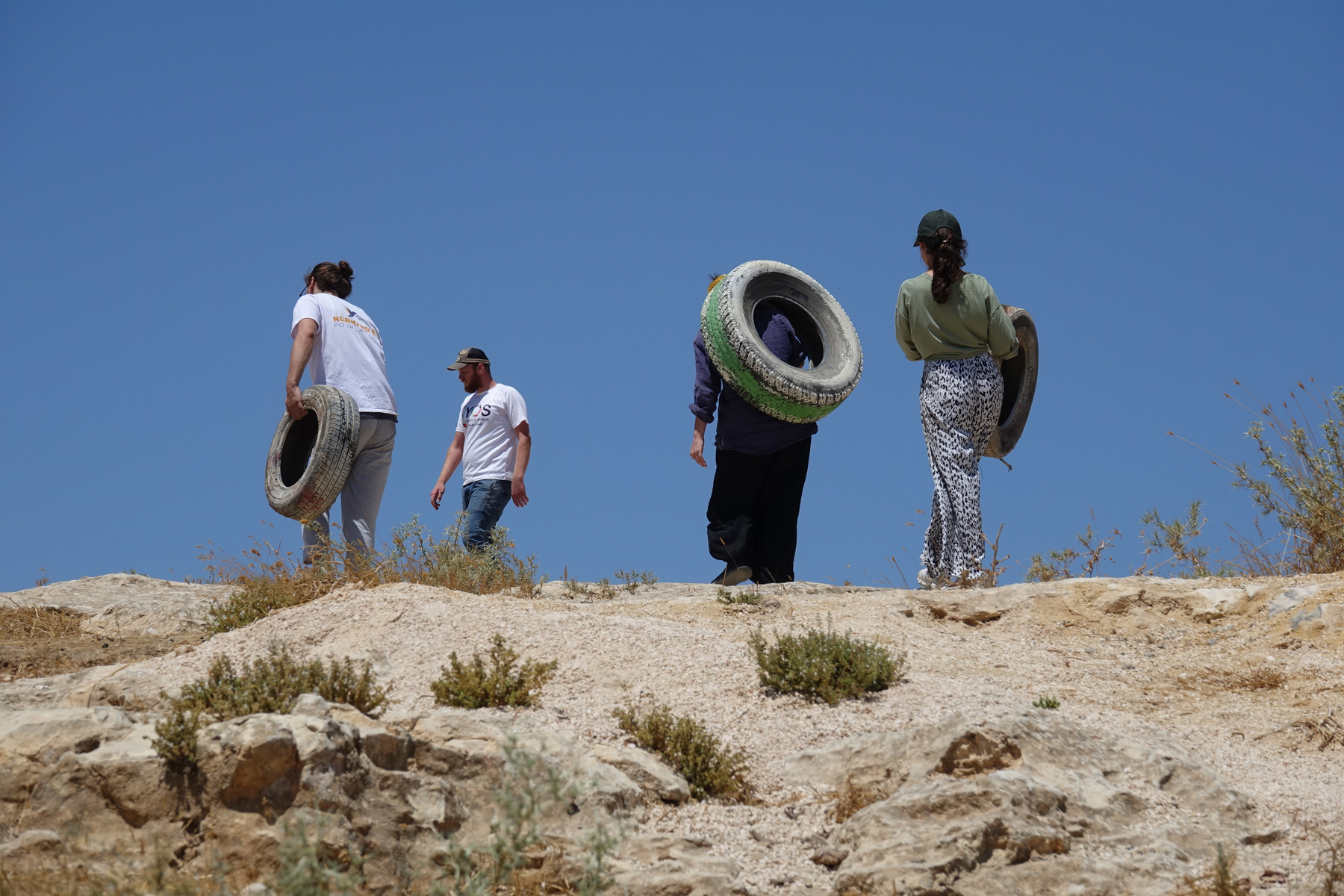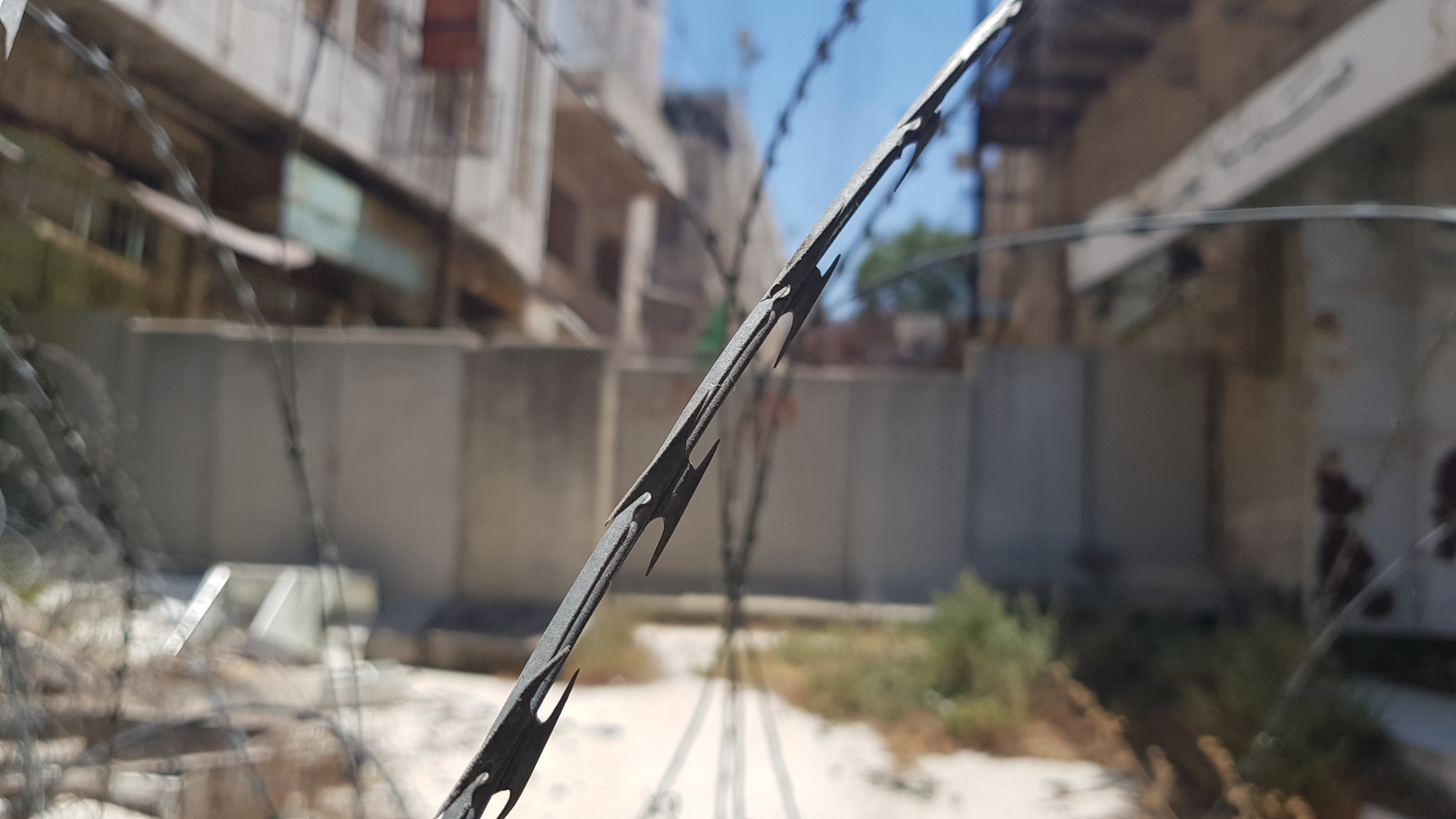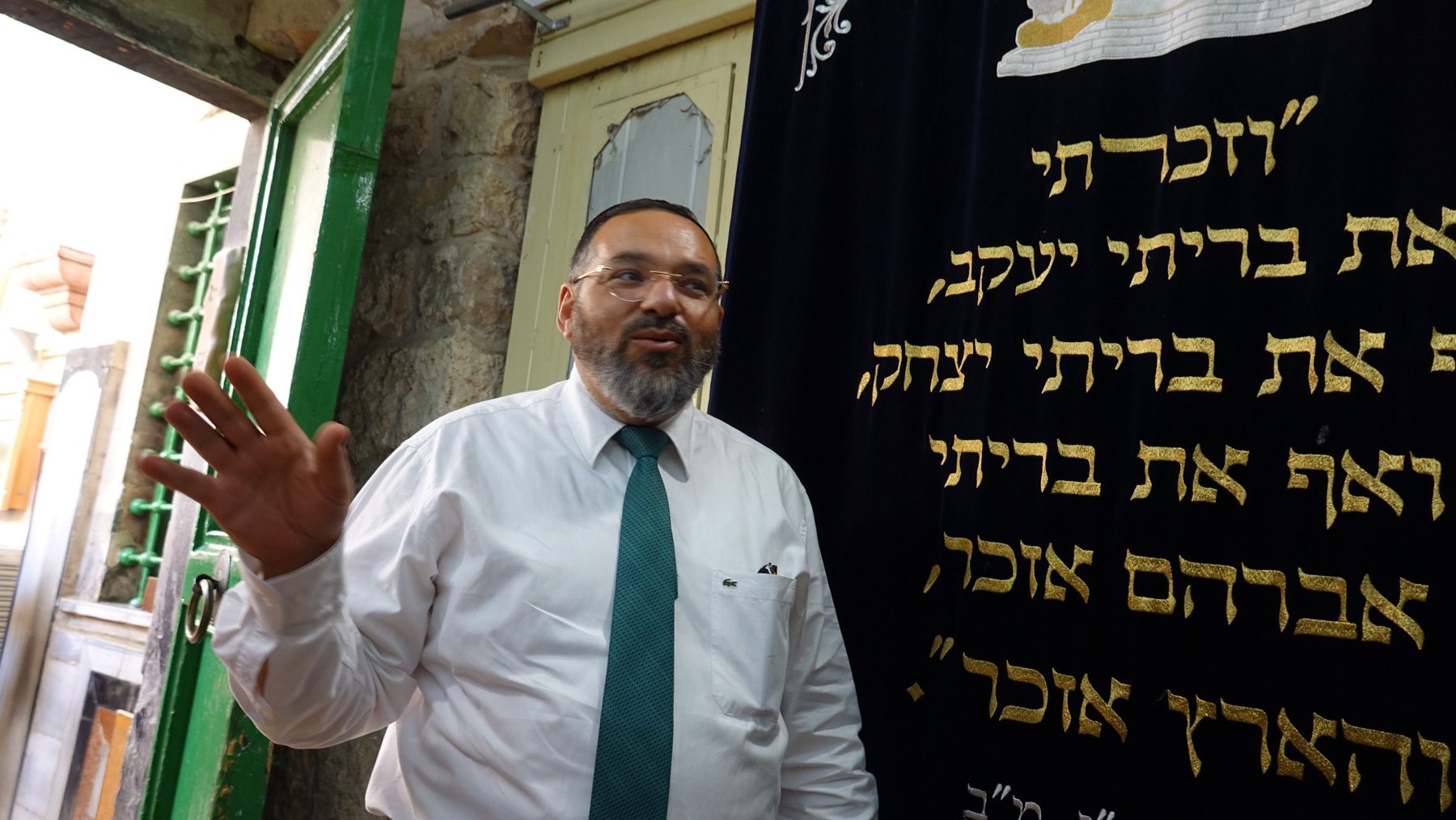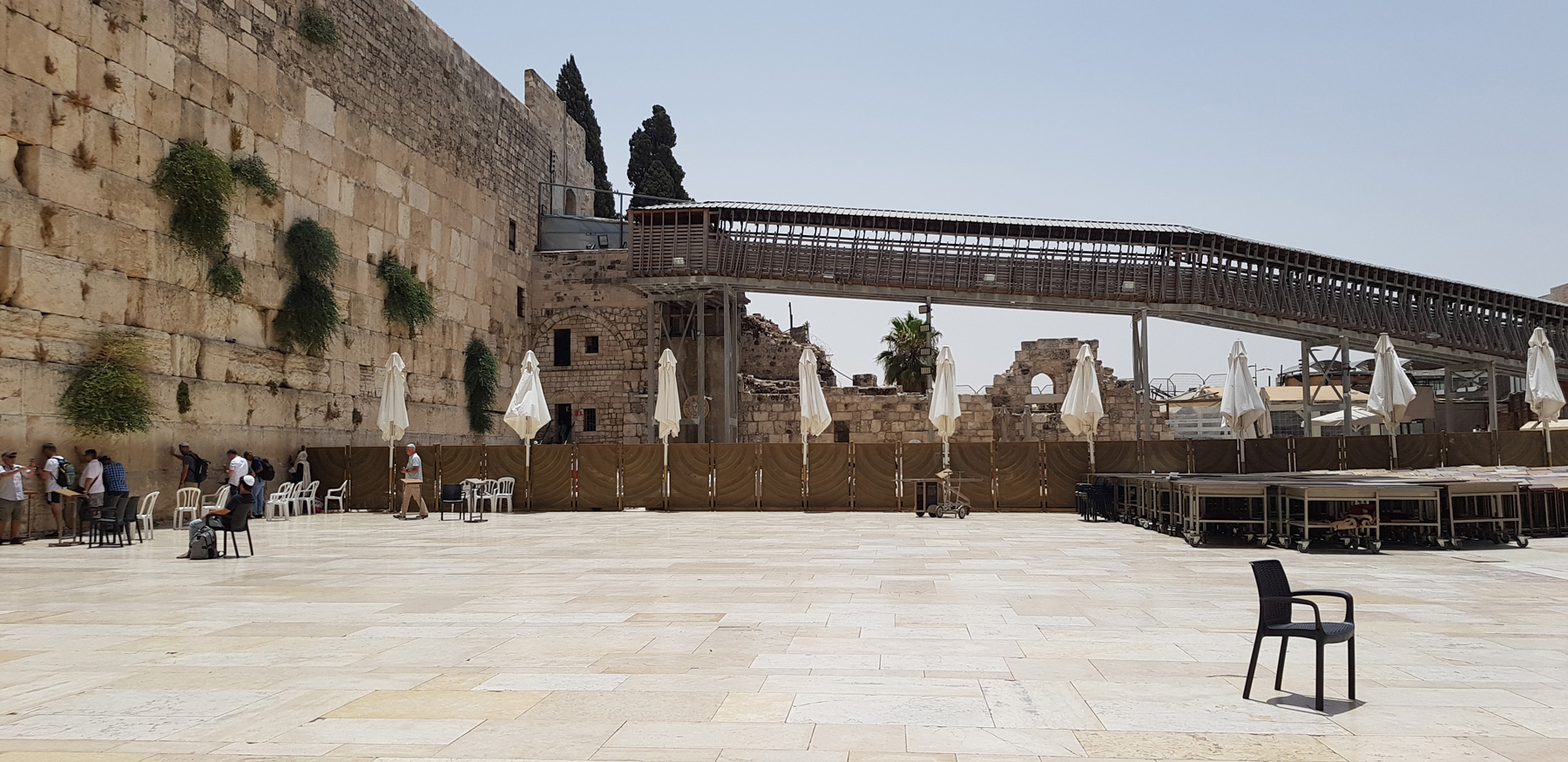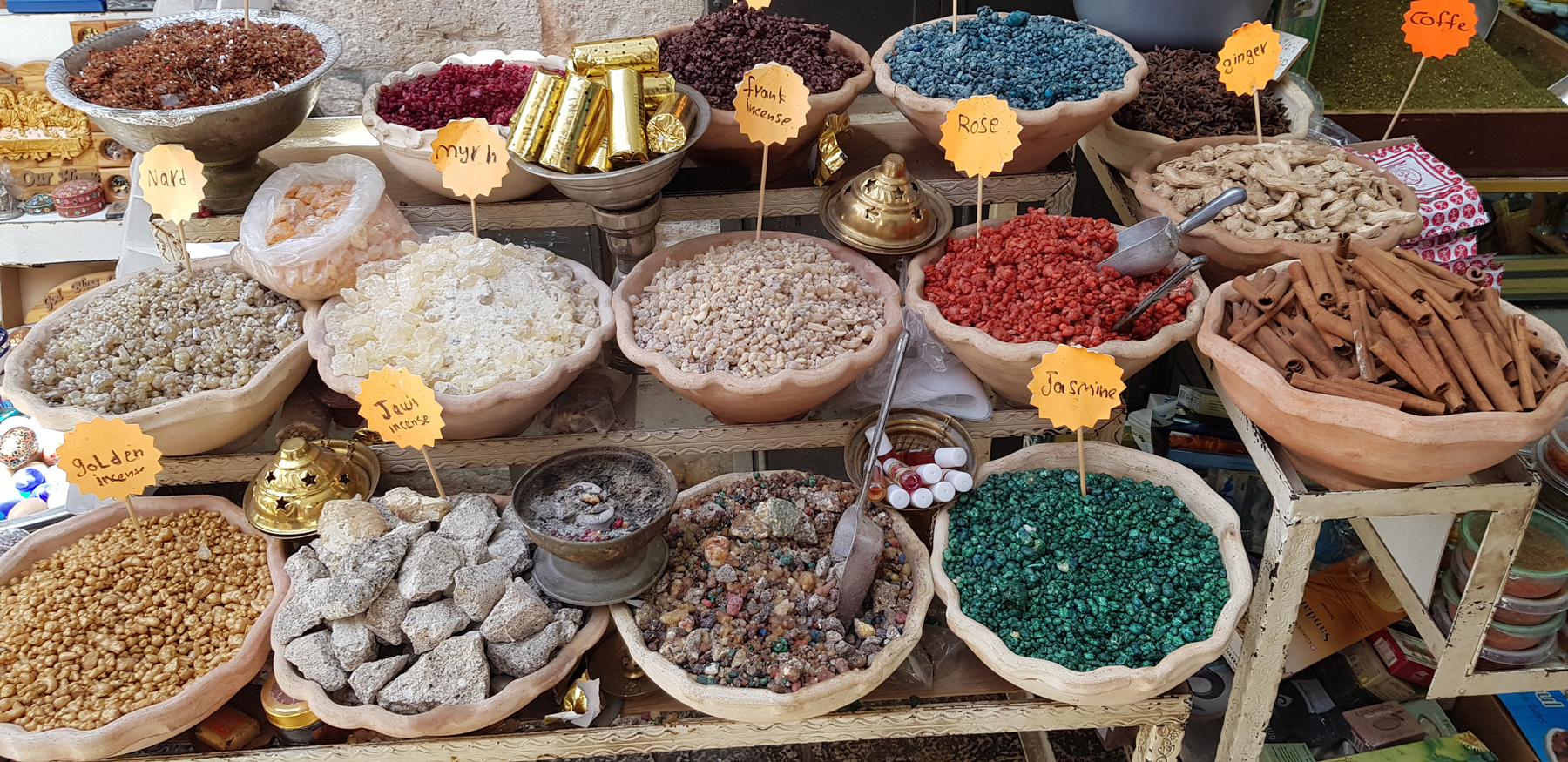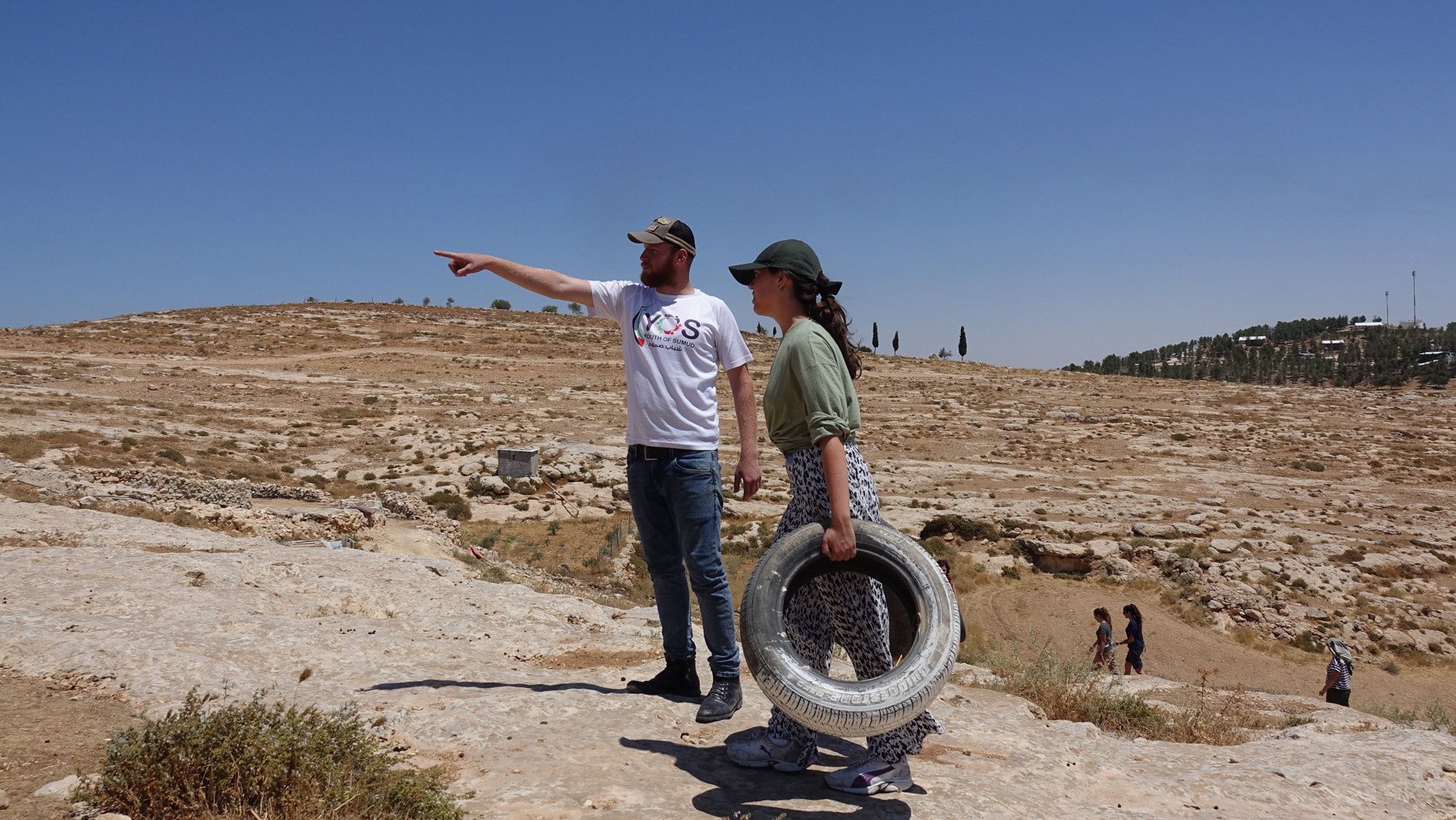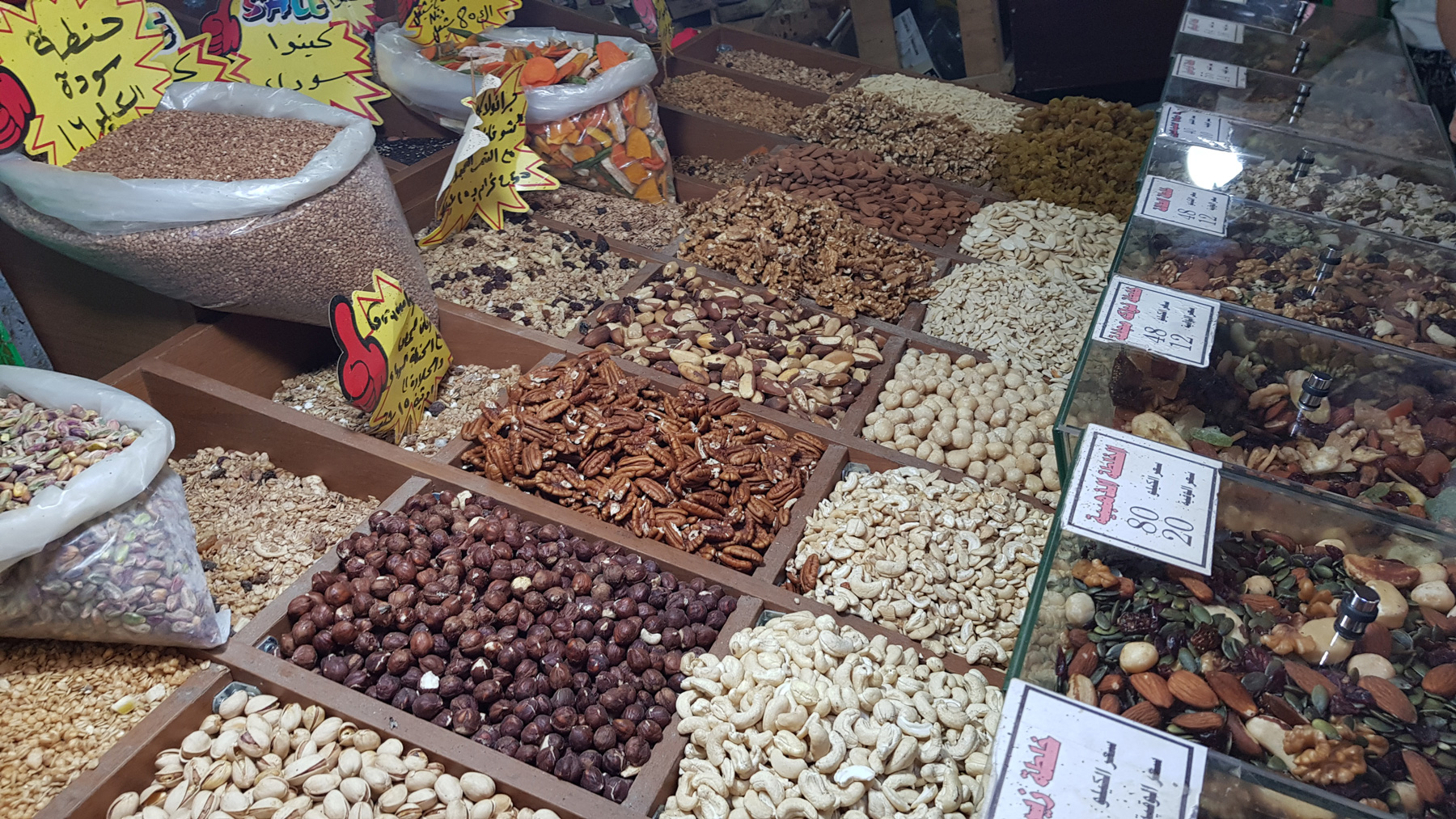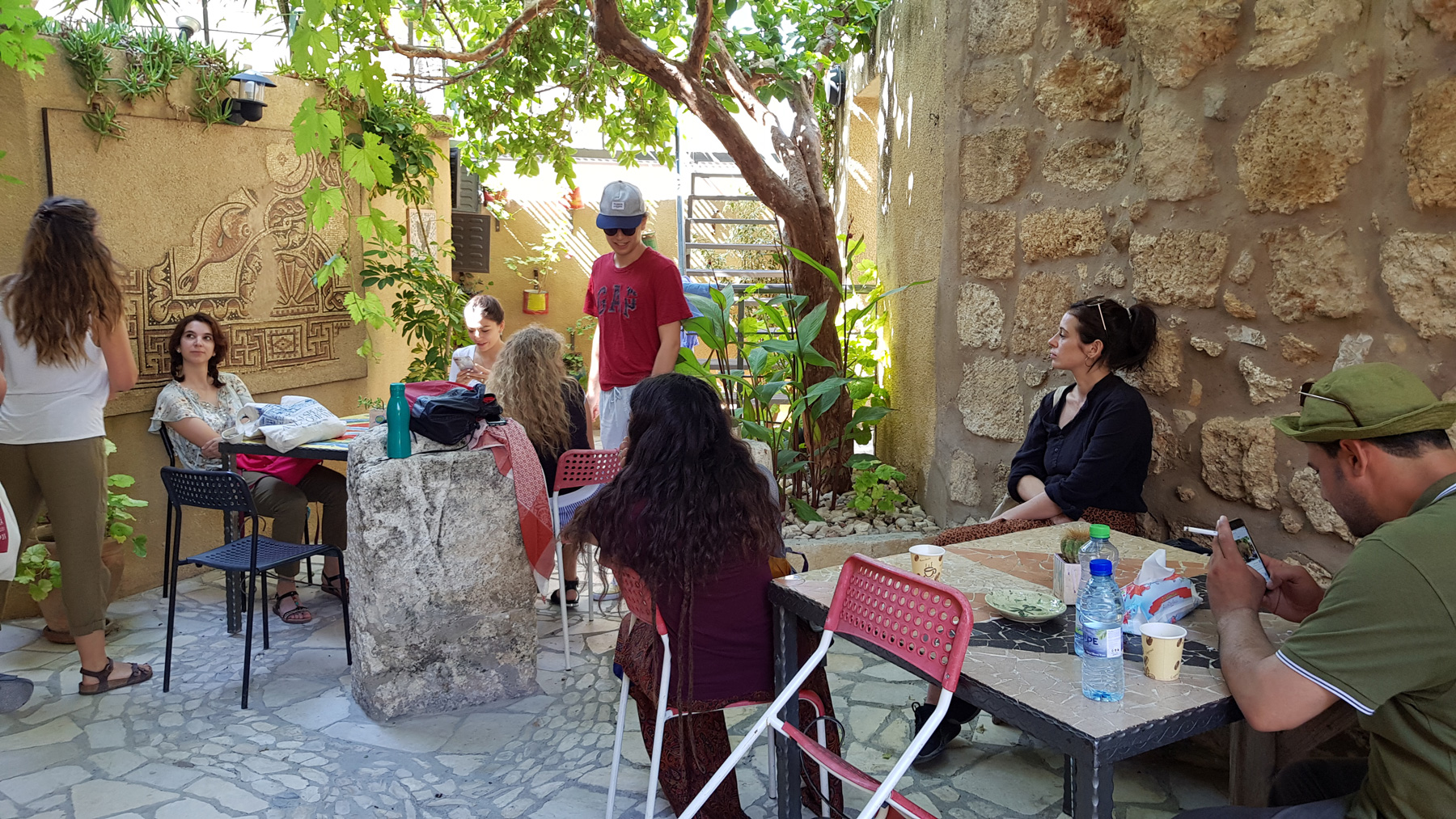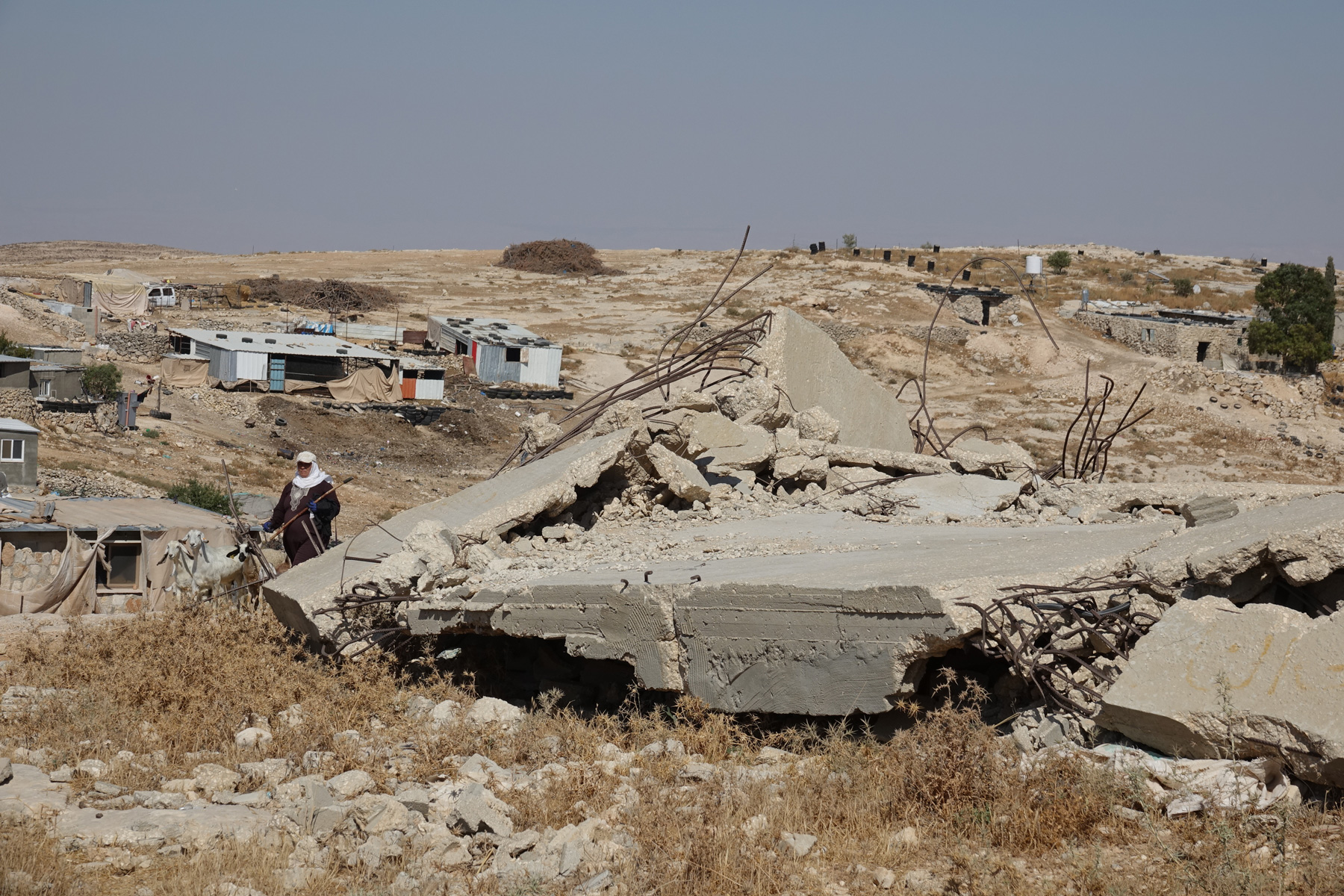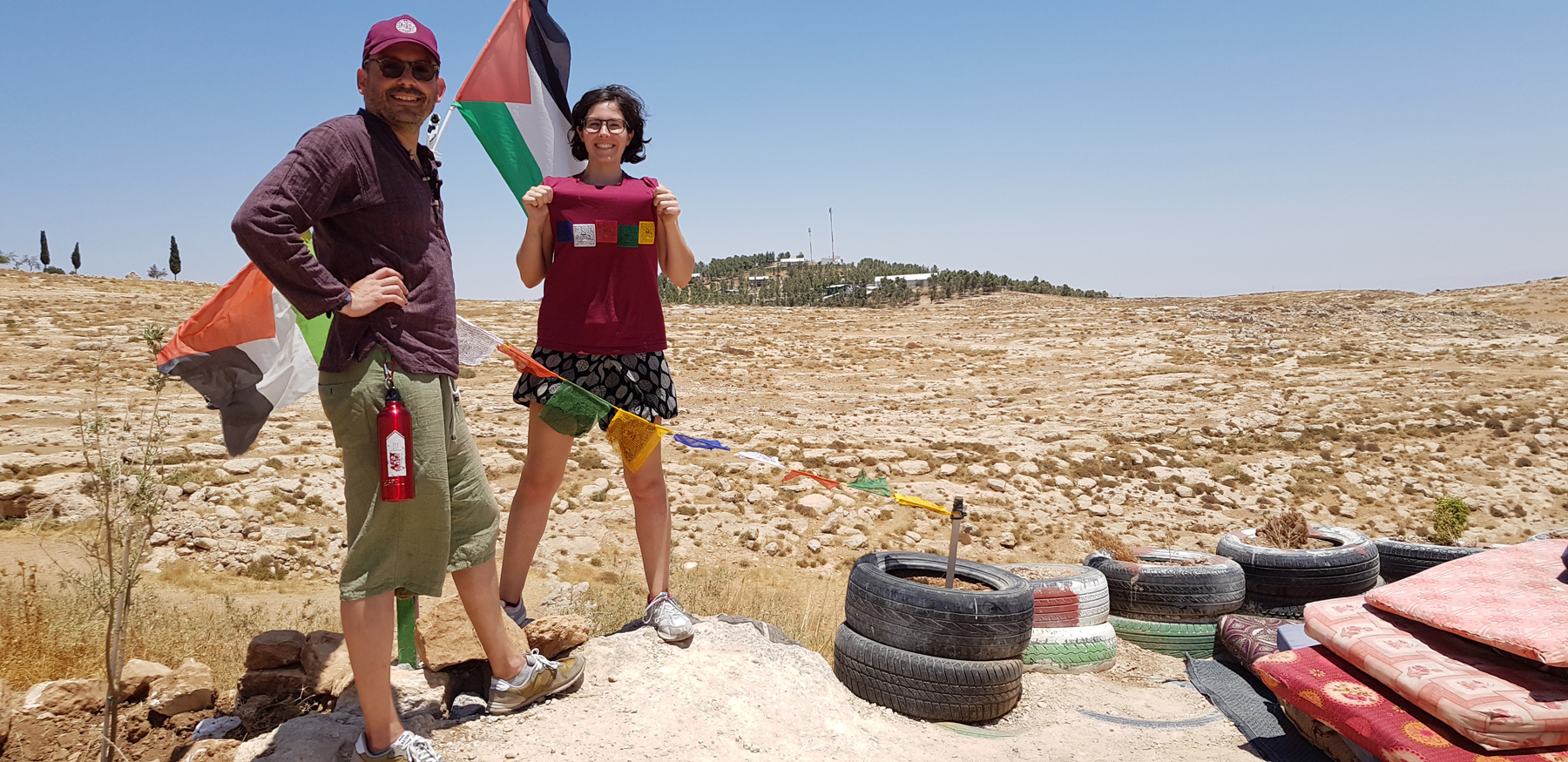Summer School "Learning by Experience", 16-25 July 2019
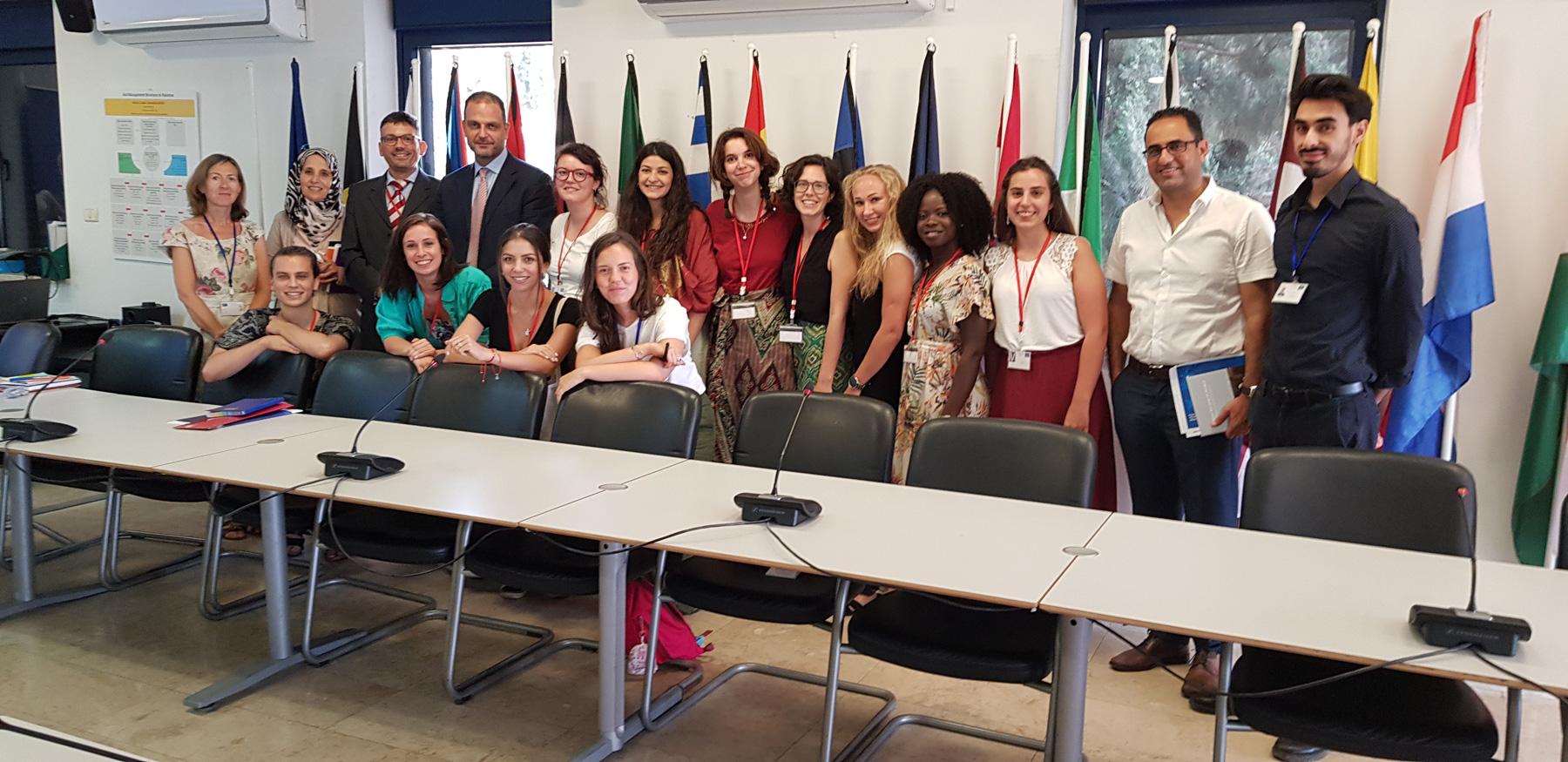
The study trip in Israel and Palestine organized within the innovative teaching project “Learning by Experience”, funded by the University of Padova and organised by the Human Rights Centre “Antonio Papisca”, took place from 16th to the 25th of July 2019.
Eleven selected students from the Master's Degree in Human Rights and Multi-level Governance accompanied by Professor Alberto Lanzavecchia and IT staff Luca Gazzola travelled around different areas of Israel and Occupied Palestinian Territory (OPT) to interact with institutional and non-institutional actors involved in the Israel-Palestine conflict, and directly detect on the field the human rights situation.
Video Playlist "Learning by Experience"
During the trip, the students made several videos and interviews documenting the experience. The full playlist is available on the Human Rights Center's YouTube channel.
Travel Report
Upon arrival, the students went to the Italian Embassy in Tel Aviv where they met the Deputy Head of the mission Gianmarco Macchia and the head of Press and Political Affairs Giulia Calabrese. During the meeting they had the opportunity to learn more about the relationship between Italy and Israel, that this year celebrates the 70th anniversary, and the role of Italy in the Peace Process. Mr. Macchia and Ms. Calabrese also provided the students with advice on career perspectives.
On July 17th the students first visited the Yad Vashem museum at the World Holocaust Remembrance Center. In the afternoon they met with the European Union Delegation to West Bank and Gaza Strip that illustrated the current situation in the West Bank, the relationship with the Palestinian Authority (PA) and the programmes dedicated to the development and support of Palestine.
Afterwards, the students met with the Italian General Consul, Fabio Sokolowicz and the Programme managers of the Italian Agency for Development Cooperation (AICS) who explained their work and gave an insight on the role of italian cooperation in different areas: health, emergency/humanitarian, human rights, gender equality, civil society, security.
In the morning of the 18th, the students attended a meeting in Ramallah with the Palestinian Minister of Justice Mohammad Shalaldeh who explained the Palestinian commitment to international human rights standards and the effort of the PA to comply with the core international human rights instruments.
In the afternoon the students had the chance to speak with researchers and activists of italian NGO Cospe and Al-Haq, an independent Palestinian human rights NGO based in Ramallah, that operate in the field to collect data on the violations of human rights, especially the condition inside prisons.
The following two days, July 19th and 20th, were dedicated to a workshop at Bethlehem University on the theme of Cultural Heritage and Human rights, working together with the students from the local Master in Development and Cooperation (MICAD). The didactic approach was based on the combination of few theoretical lectures given by Dr. Giorgio Andrian, Prof. Alberto Lanzavecchia, Prof. Carla Benelli and Dr. Luigi Bisceglia, and working groups on concrete cases, chosen among Sites of the UNESCO World Heritage List: the Nativity Church and Pilgrimage Routes, the city of Hebron, Venice and Prosecco Hills. In the end, they presented their findings on how to improve the conditions of the UNESCO Sites. The combination of various backgrounds and proveniences have fostered very effective participation and brilliant results.
On the 20th and 21st the students moved to Sebastia, where they stayed in a Mosaic Guest House, that had been restored in order to provide an example of sustainable development and investment in the local heritage. Then they visited a women’s cooperative specialized in artisanal ceramics and had dinner in a family run restaurant that are examples of empowerment. The next day the students visited the Roman ruins of Sebastia and the surrounding area, and in the afternoon took a stroll around the city centre of Nablus.
On Tuesday the 23rd the students spent the morning in al-Kalil/Hebron, accompanied by the human rights defender Issa Amro. They experienced the daily life of Palestinian living in a segregated city, with Israeli settlements within it. In particular, they had the chance to visit the Tomb of the Patriarchs which is a sacred place to both Muslims and Jews, since it lies between a Mosque and a Synagogue, and perfectly represents the division of the city of Hebron.
In the afternoon the students met with the president of the Hebron International Resources Network that presented them their work in local development in the surrounding area.
At night they reached the village of At-Tuwani and interacted with the Youth Sumud Freedom movement that peacefully resist Israeli occupation through nonviolence in the South Hebronese Hills. They had a meeting with the leader of the movement Hafez Hureini who told his story and explained why nonviolence is the most viable solution to end the conflict.
The next day students helped the boys of the Sumud Freedom Camp creating a peace sign collecting car tires abandoned surrounding areas, in preparation for the 21st september international peace day. In the afternoon the volunteers of the NGO Operation Dove (Operazione Colomba), a nonviolent peace corps that operates in the area of At-Tuwani, presented their work that consist mainly in walking the children to school and the shepherds graze sheep and goats in order to protect them from the Israeli settlers of Ma’on. Students then visited the cooperative of women of At-Tuwani.
The trip was an opportunity for the students to directly interact with local actors, at every level of governance and to truly see the application of human rights in a conflict zone. Moreover they had a comprehensive experience in which they had the chance to feel the warm welcome and hospitality of local people who were eager to show them their culture and traditions and the beauty of their land.


